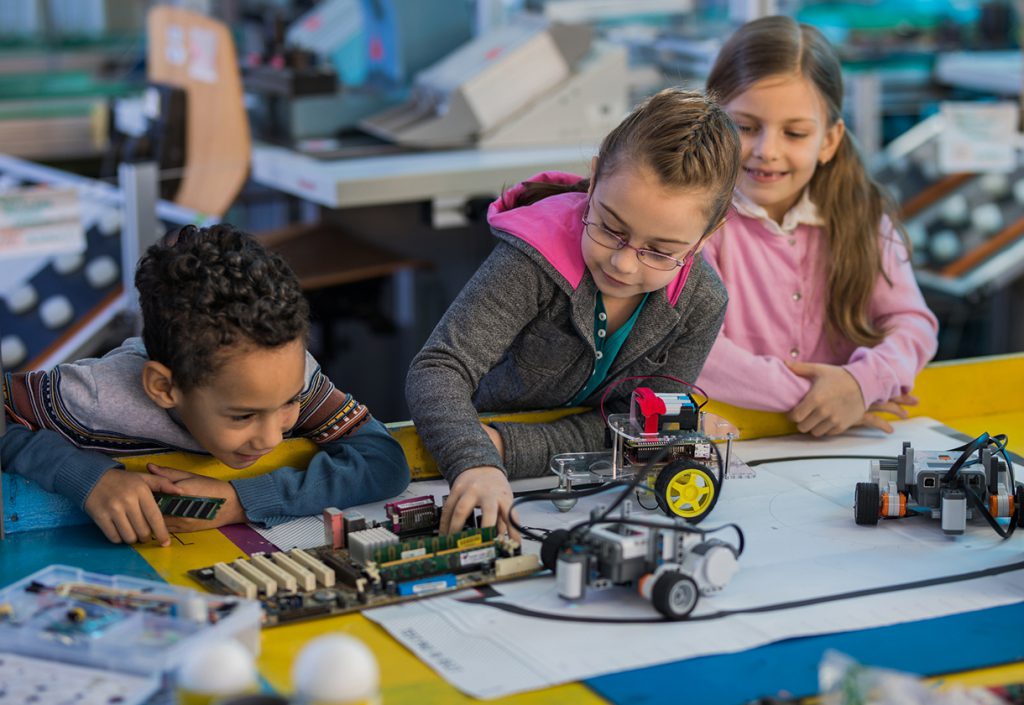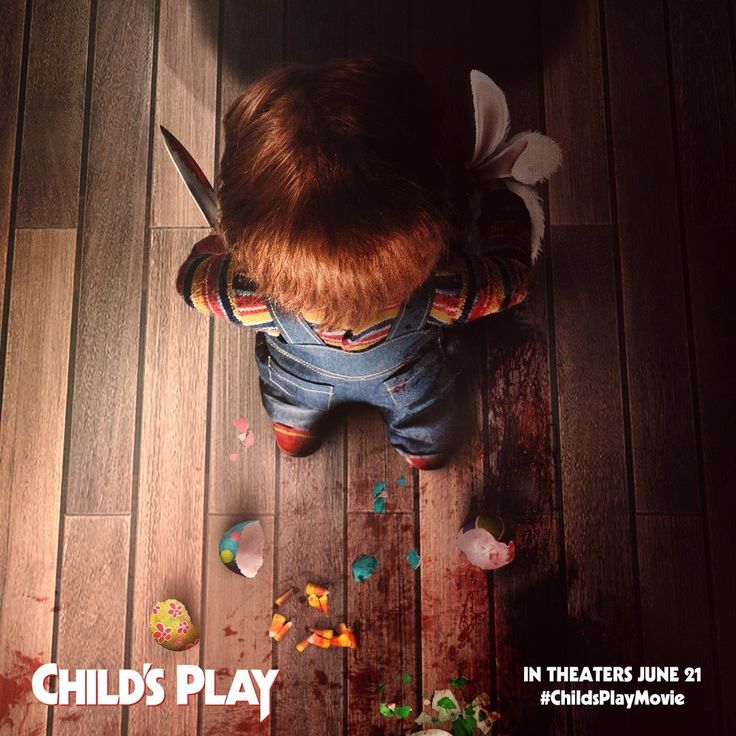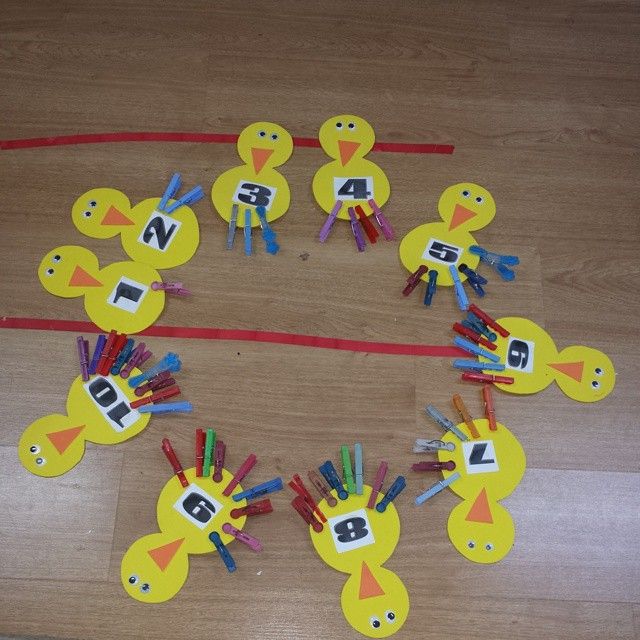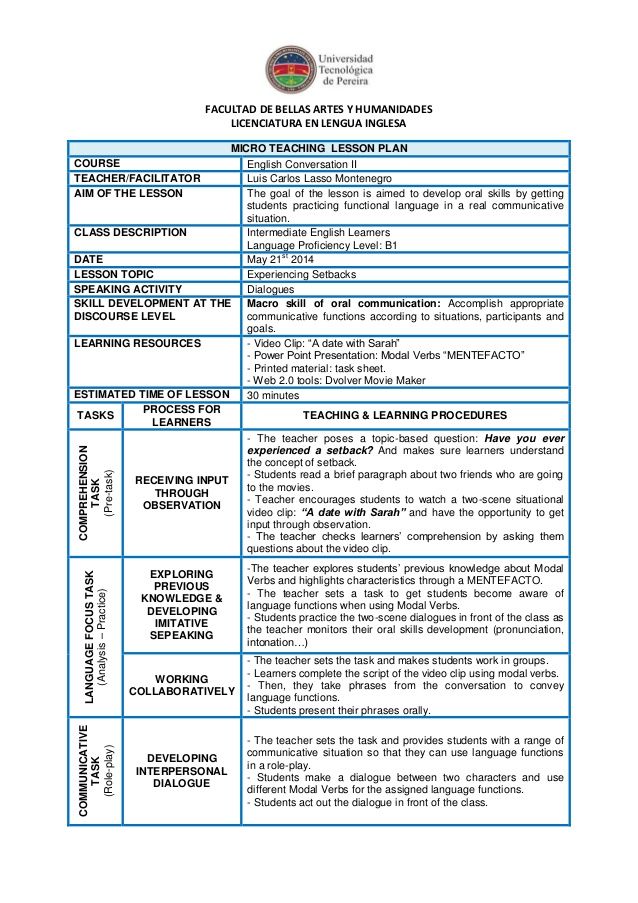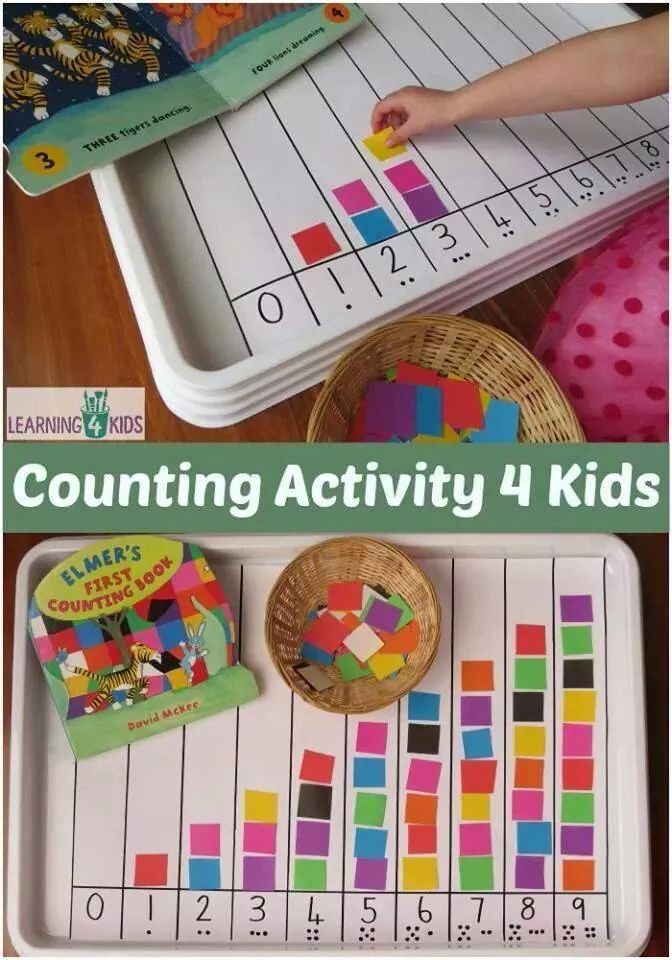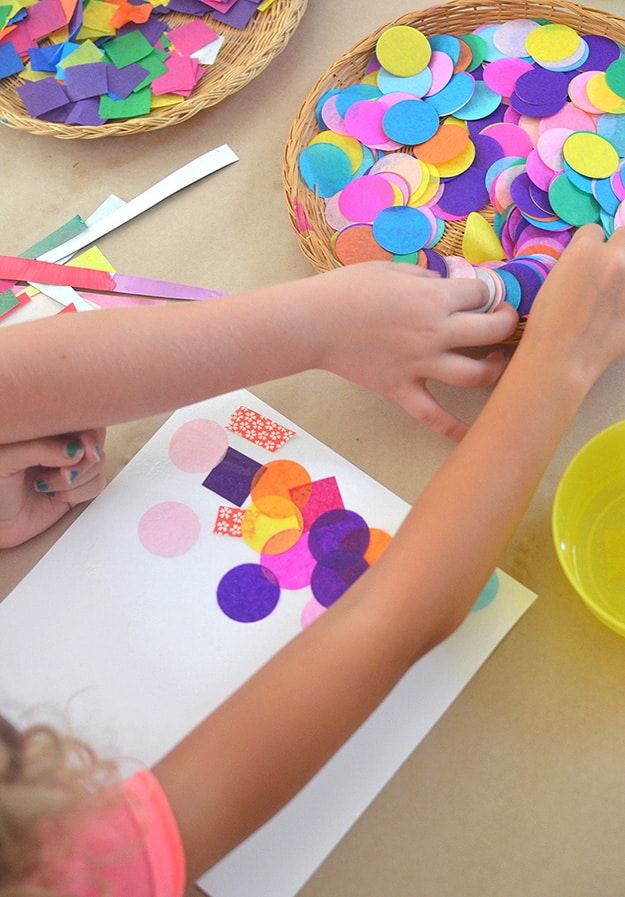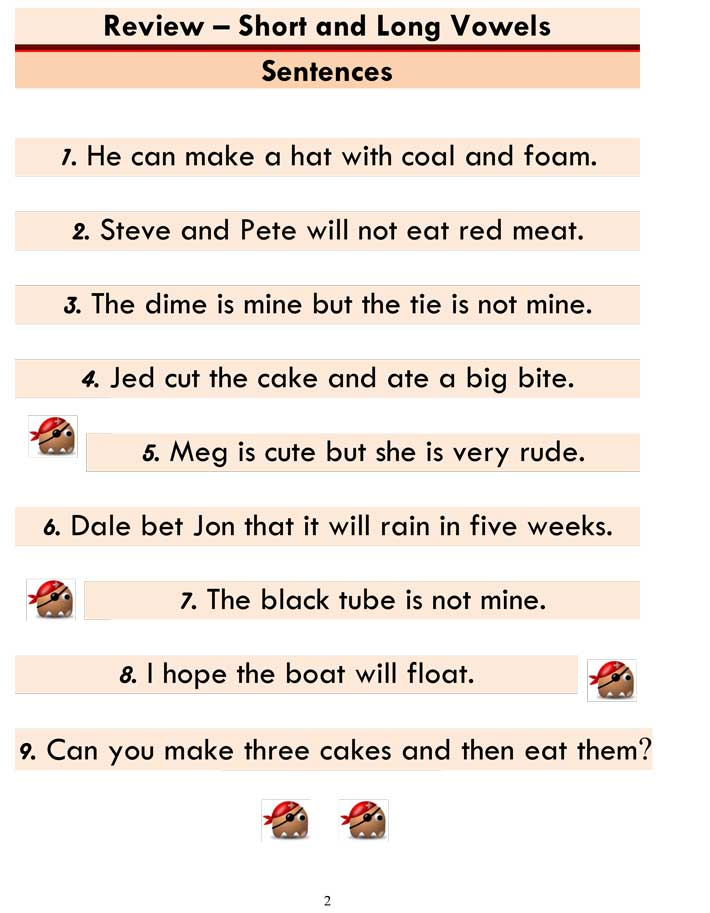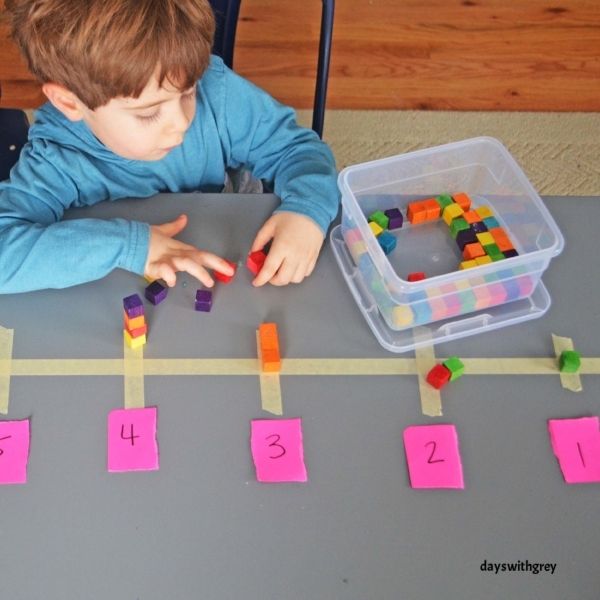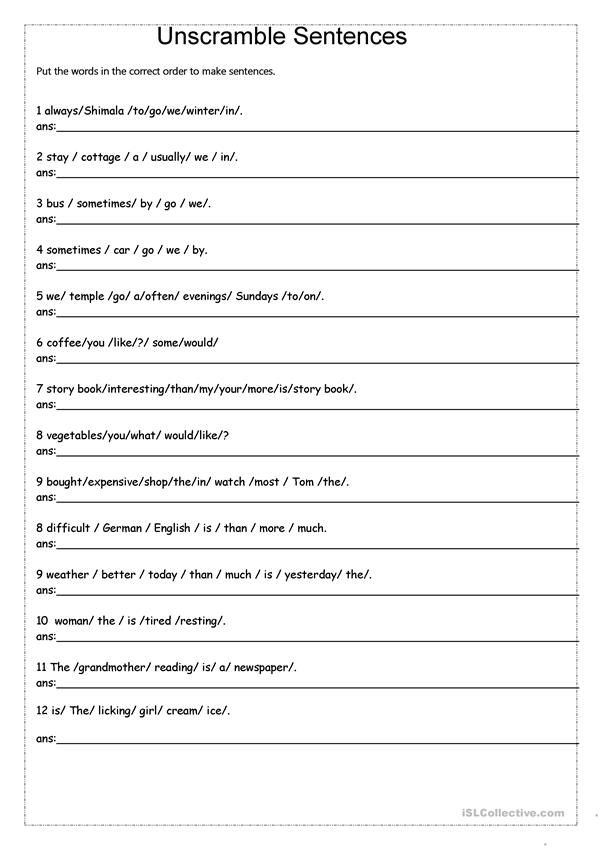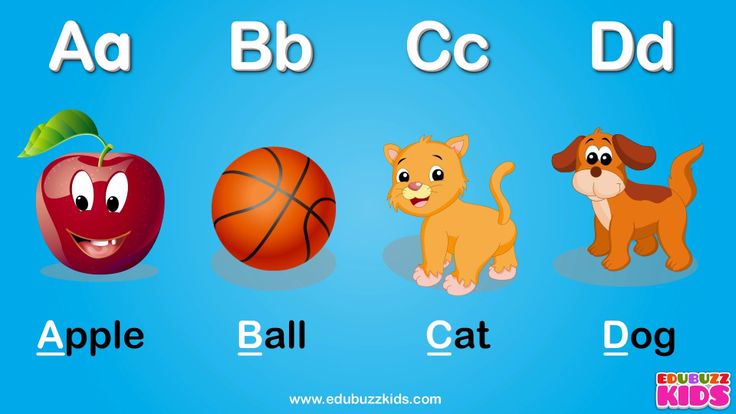Reading readiness activities
10 Ways to Build Pre-Reading Skills in Kids
- Share
Here are some fun, simple pre-reading skills activities for preschoolers that are fun for home or school.
There are everyday activities kids should already be doing at home, as well as some other ideas to try.
What is Pre-Reading?
So, what are pre-reading skills?
Before any child can learn to read well and become a competent speller, five pre-reading skills must be mastered in order to lay a proper foundation.
Pre-reading skills are important as they set children up to decode words independently and read with understanding. They need to be developed before teaching a child to read.
They are important for school readiness and early literacy development.
What are the 5 Pre-Reading Skills?
These are the five main pre-reading skills that every student must master before learning to read, as listed in the article Reading readiness: The Top 5 Skills, by All About Learning Press.
1.
Print AwarenessPrint awareness is the understanding that letters form words and that these words have meaning when they are read.
It is knowing that the four letters on a stop sign have a message and that the words in a book tell a story or provide information.
There is also an understanding of the order of reading as they watch people read from left to right, and cover to cover.
2.
Motivation to ReadThe desire to decode words and understand what is in a book is essential before a child learns to read.
A baby is too young and does not yet have the motivation to want to decode the words in his plastic bath book.
Older children who have developed print awareness, and have listened to their parents read bedtime stories, will want to start understanding the words on the pages themselves.
This skill must be fostered until children develop a healthy desire to read.
3.
Listening ComprehensionWhen a child is able to ask and answer questions about a story or summarize what they have read or heard, they have developed listening comprehension.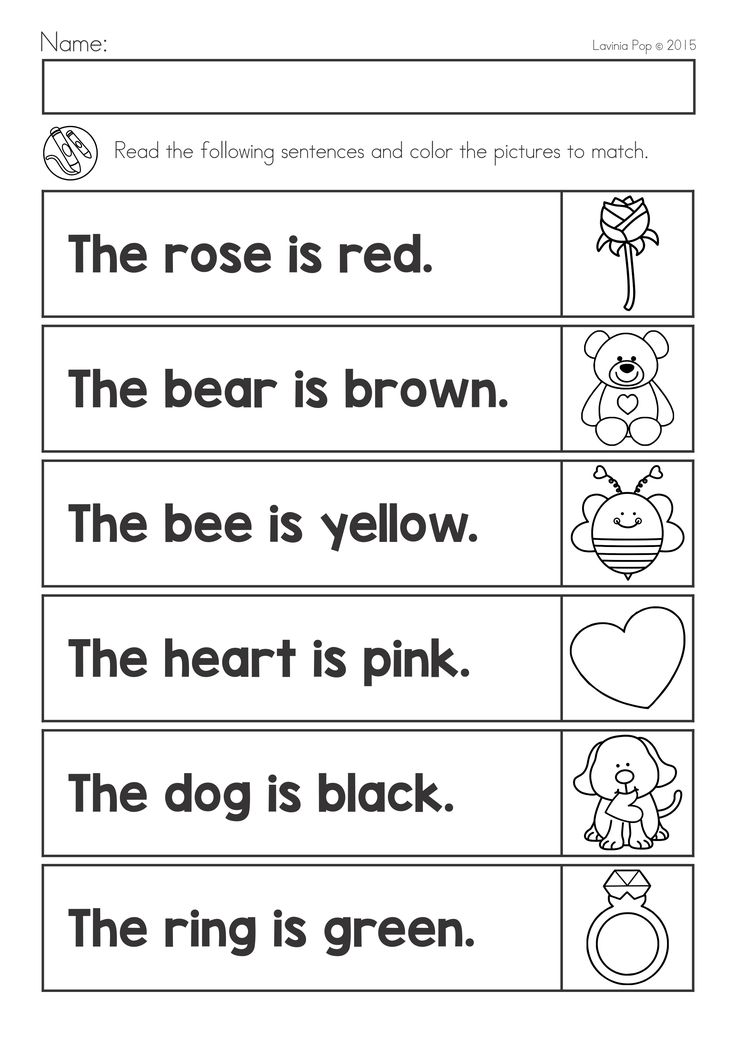
4.
Letter KnowledgeKnowing the difference between upper-case and lower-case letters and recognizing letters and their sounds, forms the basis of letter knowledge.
Without this, words cannot be decoded and sounds cannot be blended together.
5.
Phonological AwarenessThis refers to hearing the different sounds in words (beginning sounds, end sounds, rhyming patterns, middle sounds and individual sounds).
Good phonological awareness means children are able to blend sounds together, decode them and manipulate them.
These five skills can be developed from a very young age in many easy ways.
Here are some ideas, starting with basic activities to develop print awareness, motivation and listening comprehension, and moving on to more advanced activities that build letter knowledge and phonological awareness.
10 Pre-Reading Skills Activities for Preschoolers
Here are some simple activities for pre-reading skills.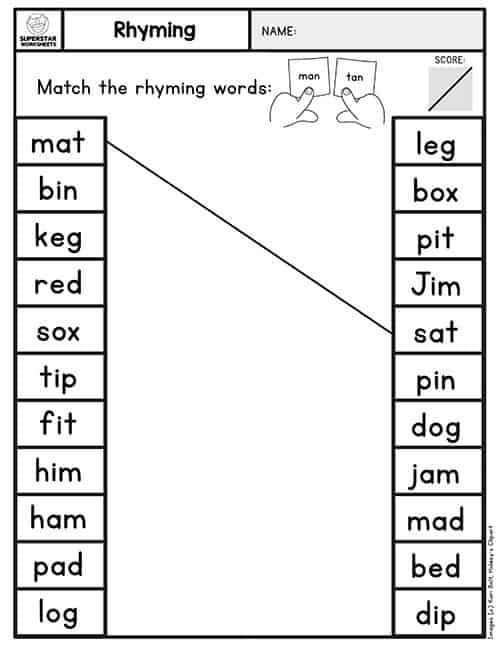 They are also suitable for kindergarteners.
They are also suitable for kindergarteners.
Many of these activities are inspired by the ideas in the Phonological Awareness Package, compiled by Jane Sheils and Yvonne Sawyers.
1.
Read to Children Every DayIt’s never too early to start reading to your children.
Initially, it may just be soothing to listen to you read as your baby falls asleep, but as our child grows he will get used to the idea that the book represents a message.
When reading to your older children, even those who can already read, you will be instilling a love for books and showing that you value time to read together.
Read your kids these fun rhymes about books. They are all about the magic of reading.
2.
Ask Questions While ReadingDevelop listening comprehension and stimulate higher-order thinking skills by asking questions while reading.
Make sure to incorporate a variety of question types, such as cause-and-effect questions, predictions and opinions.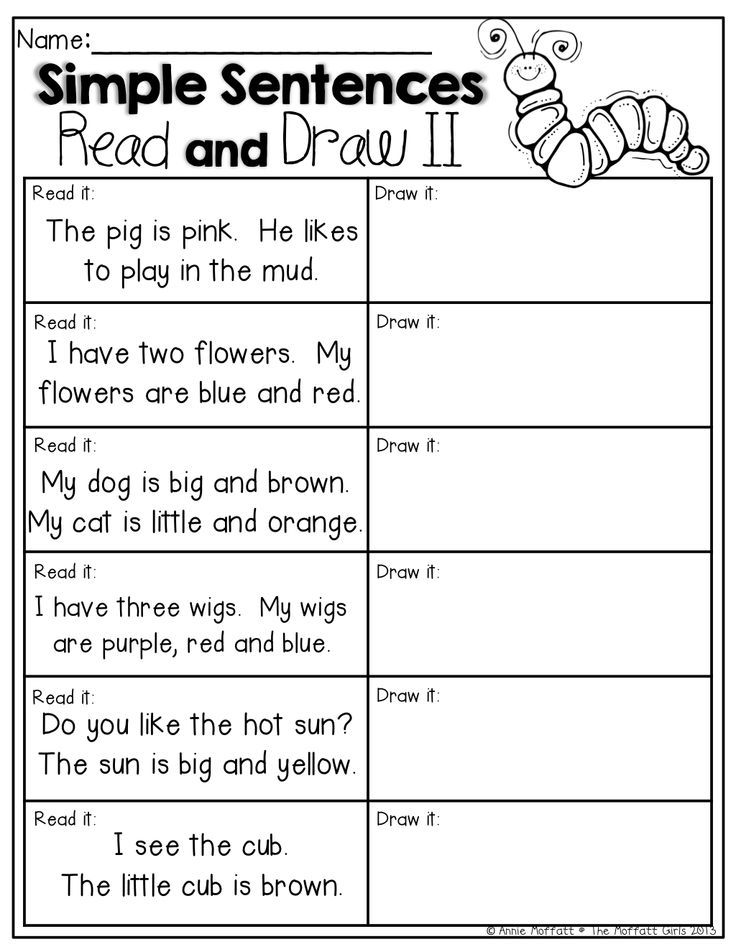
3.
Point Out Print in the EnvironmentThere are several ways to do this:
- Read the road signs as you drive and discuss what they mean. What would happen if people couldn’t read the sign that says “Beware of school children crossing the road”?
- Discuss the labels on your groceries. Why does the chemical cleaner have warning words? How do you know how much sugar is in your cereal?
- Discuss books. How do you know who is the author of a book? How do you know what the book is about before you read it? Which cover is the front cover and which is the back cover?
- Open the mail together (letters and emails). Who are these letters from? What message do they have for me? How do I know how much I need to pay for electricity usage this month?
This post contains affiliate links for educational products that I personally recommend. If you purchase through one of them, I earn a commission at no extra cost to you.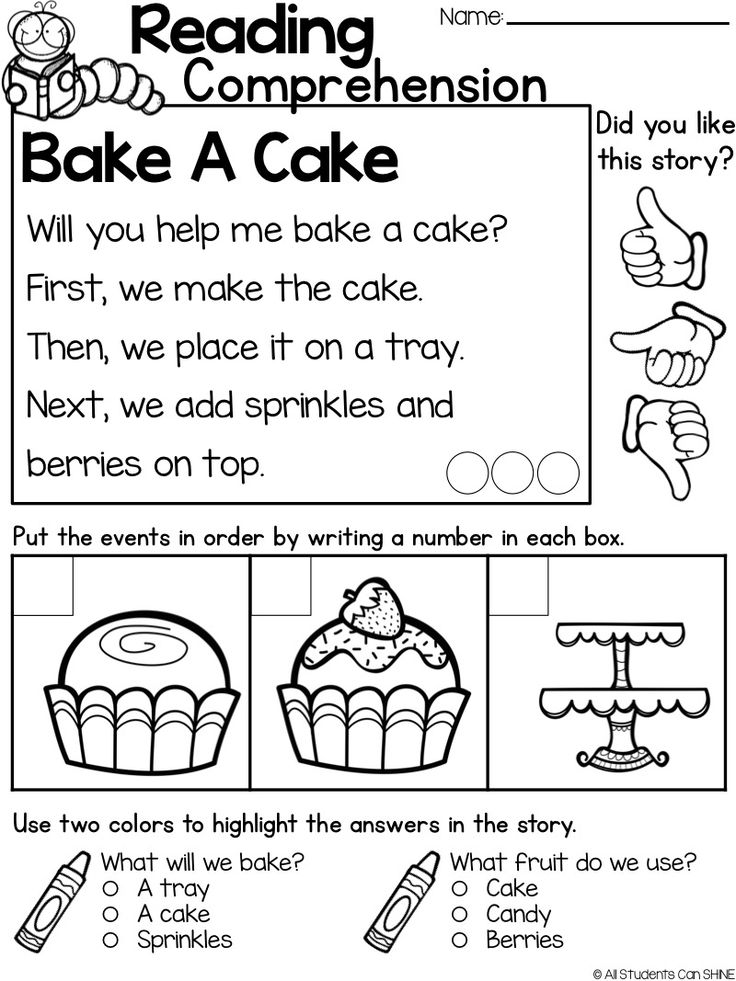 Read the terms and conditions for more details.
Read the terms and conditions for more details.
- Play with magnetic letters, letter tiles, stamps, letter cut-outs and shapes.
- Teach your child the letters in their name.
- Learn the alphabet song.
- Think of nouns that start with each letter.
- Use alphabet charts to compare upper-case and lower-case letters.
5.
Learn Rhymes and PoemsRhymes, songs and poems are a great way to start introducing rhyming words. They help children learn to read. Point out the sets of rhyming words as you sing them.
Make up new rhymes with simple patterns such as an (can, man, ran, pan) or ip (tip, rip, lip, sip).
When your child is old enough to play with sounds, move on to rhyming games.
6.
Play Rhyming Games- Find rhyming words – Say the word cat. What sound does cat end in? What other words end in at – mat, pat, rat, etc.
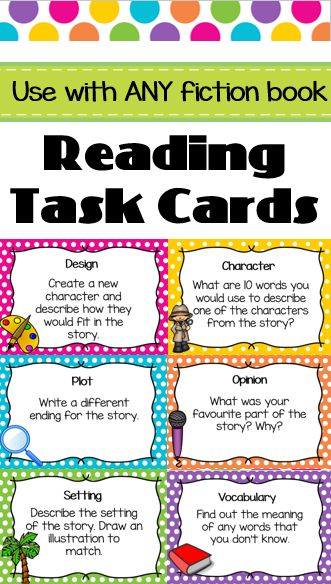
- Identify words that don’t rhyme – Say three words e.g. lap, map, hop. Which word doesn’t fit in?
- Finish the sentences with a rhyming word – Finish the sentence by finding a word that rhymes with cat: My cat is wearing a _____?
7.
Develop Listening SkillsDevelop listening skills by asking your child to listen to a word, remember it and then remove part of it, mentally. Use compound words at first.
Here is an example of the instructions to give:
- Say jellyfish
- Now say jellyfish again but without jelly.
- Answer: fish
This can be very difficult at first but is an excellent activity for developing listening and the ability to manipulate sounds.
Give the answer at first until the concept is understood, and your child can do it independently.
8.
Hear Sounds in WordsStart by listening for the beginning sound in words:
- Write down two sounds or use two letter tiles.
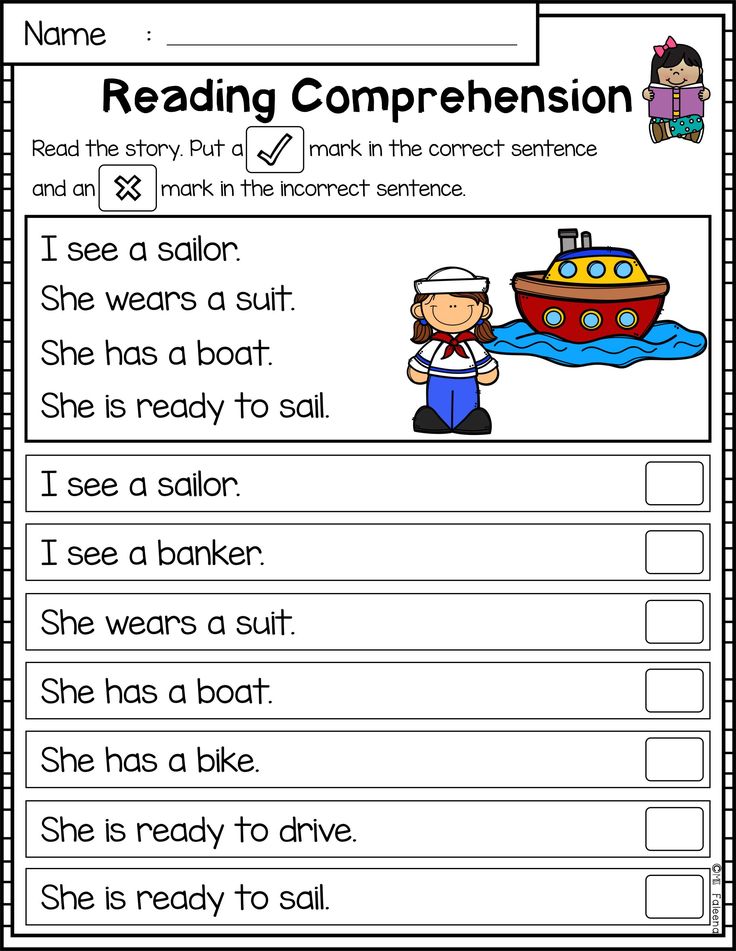
- Say a simple, 3-letter word and ask which sound the word begins with.
- Your child must either circle the letter or point to it and say it out loud.
Then, follow the same procedure and listen for the end sound.
And finally, identify the middle sound.
Vary this activity by saying just one sound (e.g. ‘t’) and asking where the sound is in the word – beginning, middle or end.
9.
Manipulate SoundsWhen your child is able to identify sounds and hear them at the beginning, end and middle of words, she is then ready to manipulate sounds. Here is an example:
- Say cat
- Now change the c to a m
- What do you hear?
- Answer: mat
Make sure you are using the actual sound, not the letter name (mm, not em)
- Say ham
- Now change the m to a t
- What do you hear?
- Answer: hat
10.
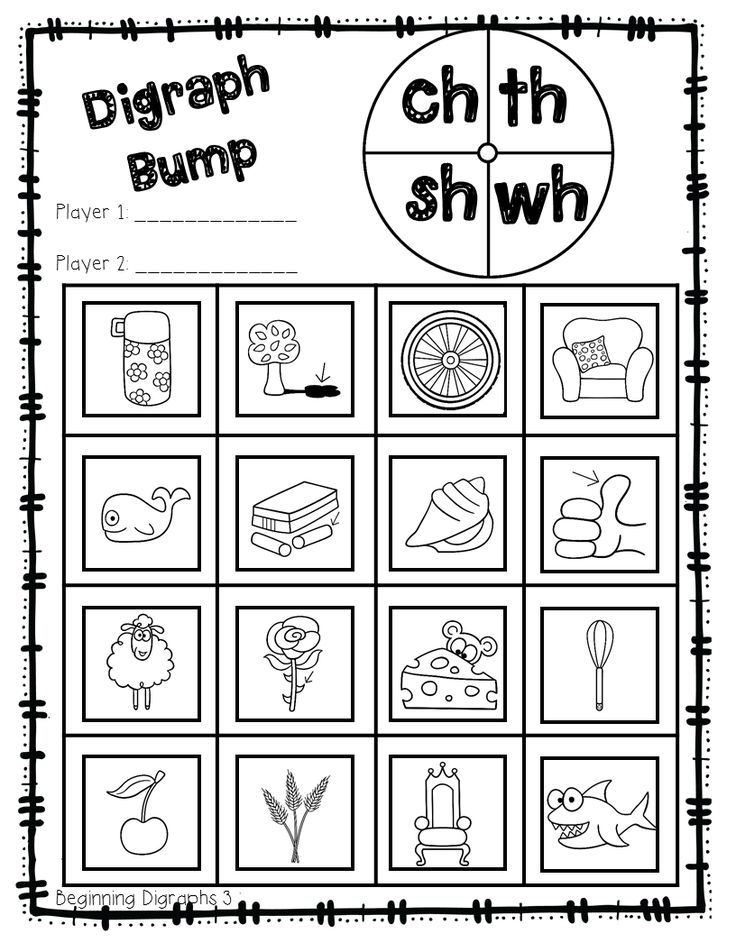 Blend and Decode Sounds
Blend and Decode SoundsThe final step is sounding out words and blending letters. These activities can be done with letter tiles.
Sounding out/decoding:
- p-e-n (pen)
- c-a-t (cat)
Blending:
This activity can be done with letter tiles. Place an e and d together to form ed, then add new letters to the beginning to make new words.
- b-ed (bed)
- r-ed (red)
- l-ed (led)
When children have the phonological awareness to decode words, then they are ready to read!
I hope you enjoyed these preschool and kindergarten pre-reading activities.
Remember that pre-reading and pre-writing skills are both important to develop before introducing formal instruction to young children.
Get FREE access to Printable Puzzles, Stories, Activity Packs and more!
Join Empowered Parents + and you’ll receive a downloadable set of printable puzzles, games and short stories, as well as the Learning Through Play Activity Pack which includes an entire year of activities for 3 to 6-year-olds.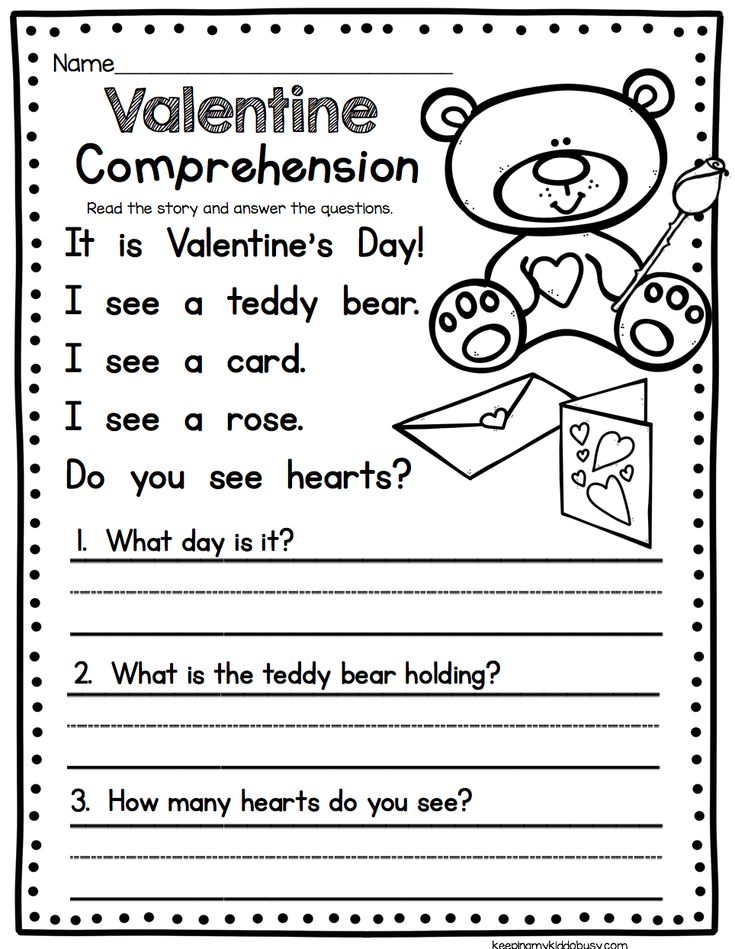
Access is free forever.
Signing up for a free Grow account is fast and easy and will allow you to bookmark articles to read later, on this website as well as many websites worldwide that use Grow.
- Share
Play-Based Activities That Build Preschool Students’ Reading Readiness
Preschool students work hard at playing. They incorporate what they see in everyday life into their play, and they incorporate the skills and knowledge gained during play into their everyday lives.
This is certainly true when it comes to reading readiness. Even though some students look as though they go through a magical and seamless transition from non-reader to reader, research shows that it’s not that simple.
Students start getting ready to read years before they do it, using a set of six critical reading readiness skills. This skill set, also known as pre-reading or early reading, is often built through play, and teachers can use the following play-based activities to build each of the skills.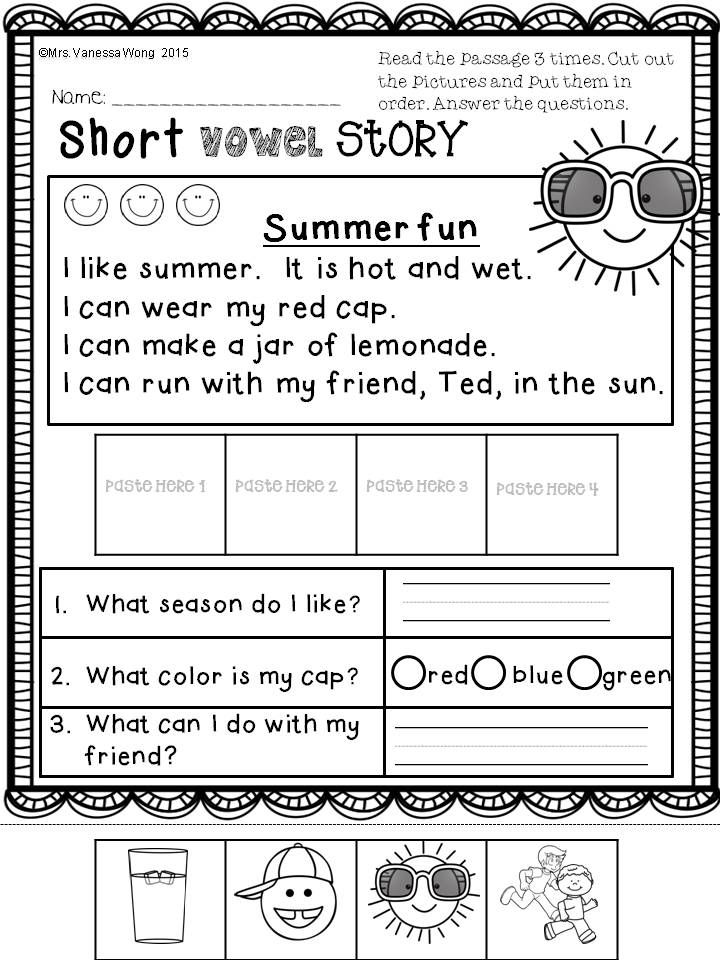
1. Vocabulary
What it is: The words students know and use to make sense of the world around them, including receptive and expressive vocabulary In the preschool years, vocabulary tends to grow from about 200 words to closer to 2,000 words.
How it supports reading: Students use oral vocabulary to contextualize the words they see in print. It’s easier to decode a word that is already recognizable and holds meaning.
Activity—What am I?/What am I describing? Teachers can link this activity to a current unit of study, or pretend they’re preparing for an activity, like making breakfast. It can also be limited to what’s in the room.
Think of an item and describe it, using as much detail as possible. Each detail adds additional vocabulary for students to learn. For example, in describing an egg, you might say, “We eat it. It needs to be refrigerated. It usually comes as one of a dozen. It could be white or brown and fits in the palm of my hand.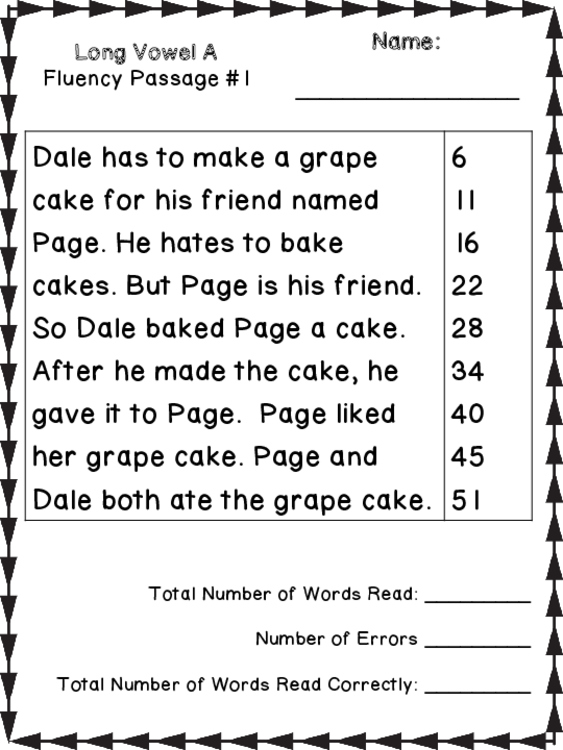 ” Once a student guesses correctly, it’s their turn to describe something.
” Once a student guesses correctly, it’s their turn to describe something.
2. Print Motivation
What it is: Students’ active interest in and enjoyment of books and being read to.
How it supports reading: Students with high print motivation look through books on their own and may even recite memorized books, looking closely at the words to match them to the words they’re speaking. They’re less likely to give up trying to learn to read, even if it’s difficult for them.
Activity—Retell, or Your Favorite Book: Pick five to 10 books you’ve read together as a class and display them. Ask for a volunteer to retell one of the stories—they should not say out loud which book they have picked. Remind the volunteer to use details and to include the beginning, middle, and ending of the story, and set a timer for five minutes. During the retelling, other students can ask questions about the plot, characters, and setting to get more information.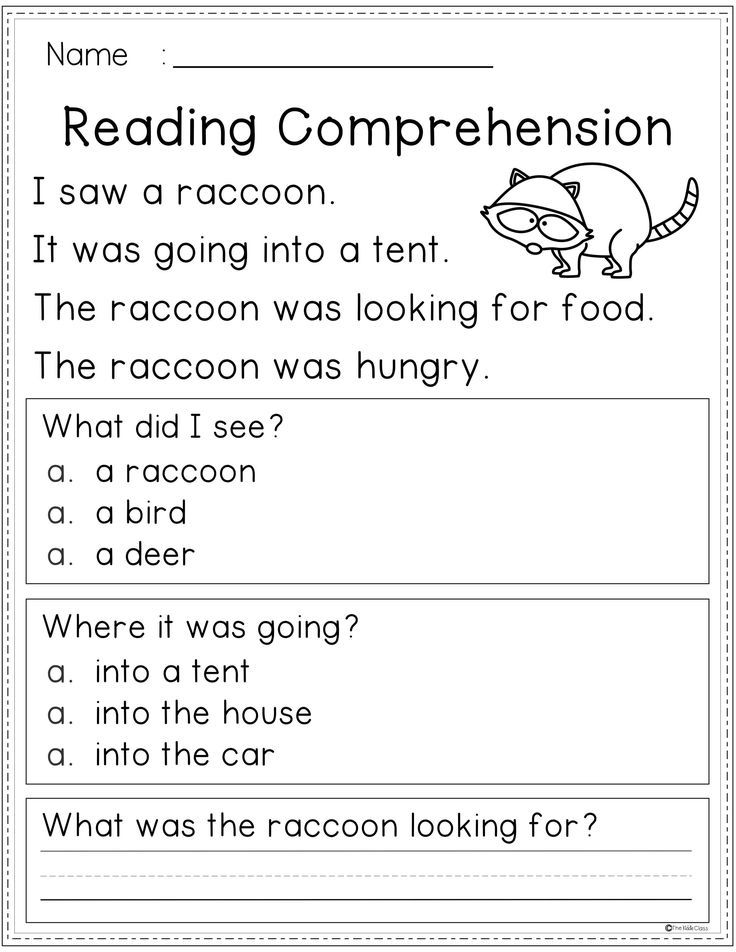 When the timer goes off, whichever student can guess the correct book takes the next turn.
When the timer goes off, whichever student can guess the correct book takes the next turn.
3. Print Awareness
What it is: Understanding that print has meaning and is organized in a certain way, such as that letters form words, that words form sentences, and that the spaces in between matter.
How it supports reading: Students learn that books start at the front cover, that English print is read from left to right and top to bottom, and that the words they point to match the words being said. Students with strong print awareness skills tend to practice the act of reading books even before they can read.
Activity—My “I Can Read…” Environmental Print Book: Students recognize environmental print—the words found all around them, such as the logo of a favorite cereal, restaurant, or toy brand, or the exit sign in the classroom—long before they can read the words. Environmental print books create an artifact of all the words students recognize through everyday life.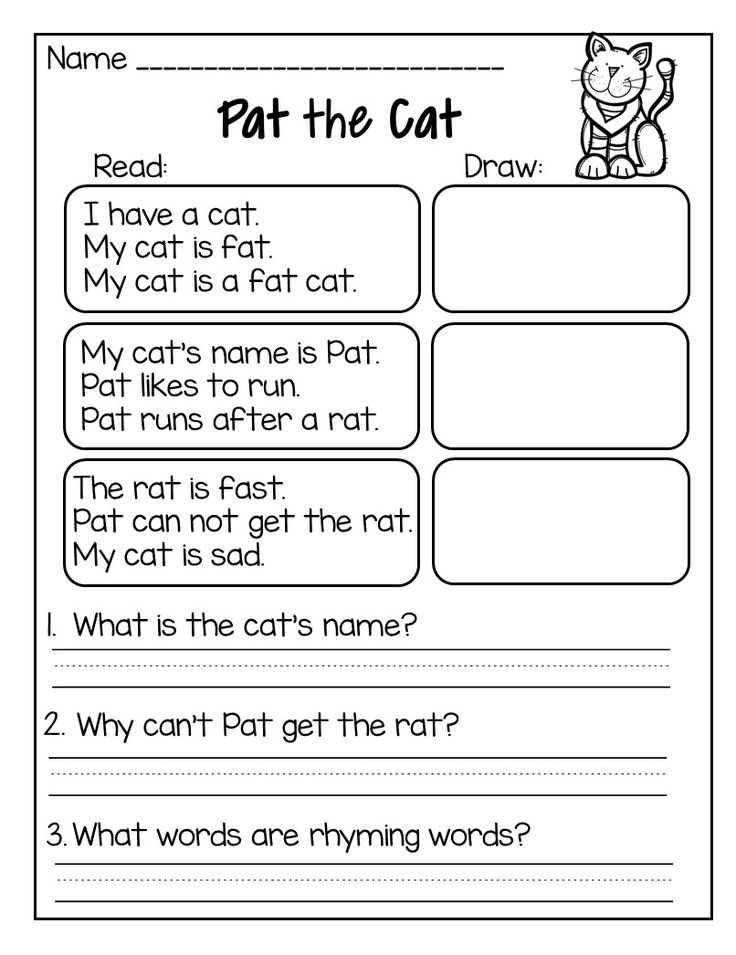
Provide each student with a notebook. Write an A on the first page and continue the rest of the alphabet on additional pages. Throughout the year, give students food labels, flyers, and other print materials. Words they’re able to recognize and “read” for each letter can be glued to the correct page all year long.
For a digital version, create a Google Slide deck for each student, with one slide for each letter of the alphabet. With your help, or the support of a caregiver at home, they can add photos or digital logos to each slide.
4. Narrative Skills
What they are: Being able to understand and tell stories in a sequenced manner.
How they support reading: Narrative skills help students understand meaning and sequence in stories, which ladders up to reading comprehension skills as they begin reading.
Activity—What’s My Story? You may already have sequencing cards in your classroom. If you don’t, print some to have on hand.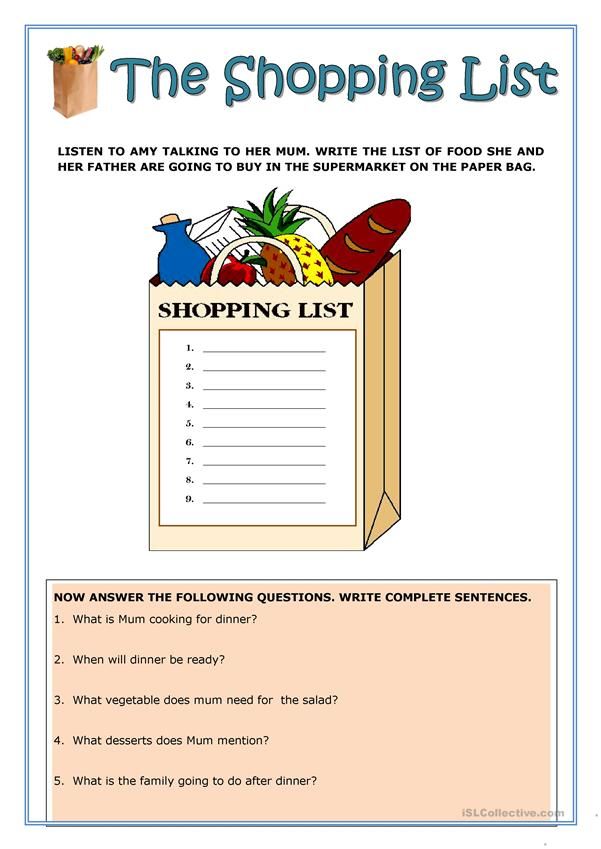 Put a set of cards in an envelope and provide one to each student, and ask them to put the cards in a line and tell you the story in their own words. Students may not put the pictures in an order you expect, but if they can tell you a coherent story for the sequenced pictures, there’s no need to correct the order.
Put a set of cards in an envelope and provide one to each student, and ask them to put the cards in a line and tell you the story in their own words. Students may not put the pictures in an order you expect, but if they can tell you a coherent story for the sequenced pictures, there’s no need to correct the order.
5. Letter Knowledge
What it is: Recognizing and understanding that letters are different from each other and that they have names, and that certain sounds are associated with each letter.
How it supports reading: Letter knowledge provides students with a symbol imagery schema, which, when combined with phonological awareness skills, helps them decode words more easily.
Activity—Hanging Up the Letter Laundry: This activity requires a little setup but can be played independently. Use a permanent marker to put one letter of the alphabet on each of 26 clothespins. Then find pictures—magazine images, photos, or clipart—of common, recognizable items to glue to index cards; find at least one for each letter.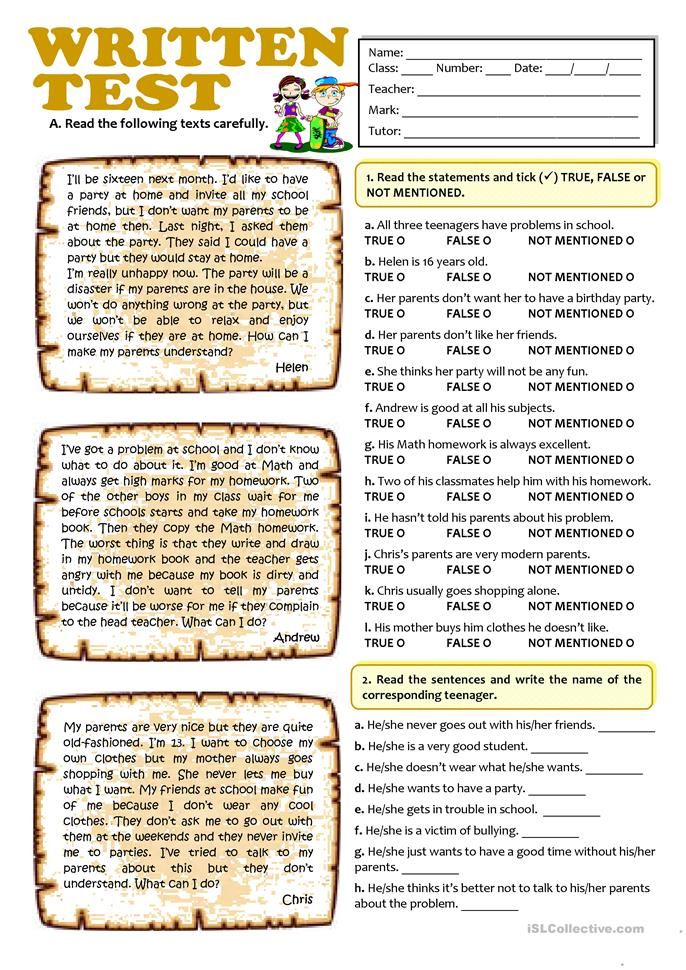 Turn each index card over and write the name of the object on the back.
Turn each index card over and write the name of the object on the back.
Put the index cards and clothespins in a bin or ziplock bag. Students can then “hang up the laundry” by taking a card, naming the picture, and clipping the card to the clothespin whose letter matches the sound their word begins with. Once all the laundry is “drying,” students can check their work by turning the cards over to see if the first letter in the name of the object matches the letter on the clothespin.
6. Phonological Awareness
What it is: The ability to hear and work with the sounds in spoken words.
How it supports reading: The ability to hear rhymes, alliteration, and word family chunks (such as -at, -it, or -up) helps students move from noticing to doing. Once they can play with oral language, they combine this with letter knowledge to build a comparable skill in reading: phonemic awareness.
Activity—Sounding off to the beat: This is a chant-clap-knee tap game during which your students need to sit in a circle, in chairs or on the floor in criss-cross applesauce position.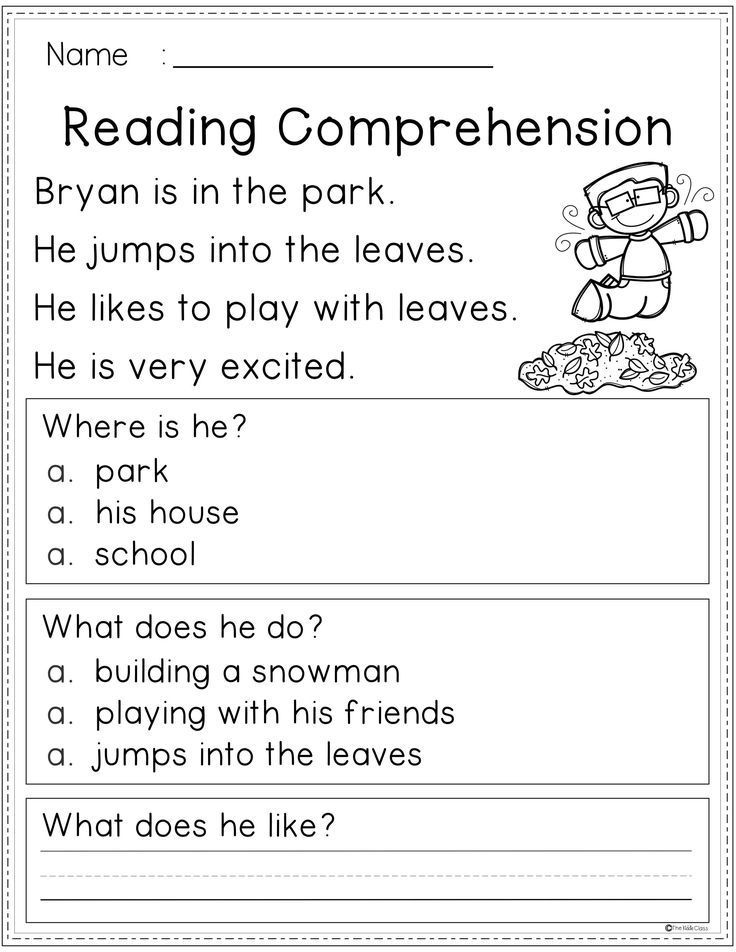 Start a rhythm that your students can follow. It’s best to start with something slow, like clap-tap, clap-tap, clap-tap, clap-tap.
Start a rhythm that your students can follow. It’s best to start with something slow, like clap-tap, clap-tap, clap-tap, clap-tap.
Once the students can keep the rhythm going, decide if you want them to manipulate the beginning sound of a word or come up with a rhyming word. Here’s how a round might go if you choose rhyming words:
(clap-tap, clap-tap, clap-tap, clap-tap)
Teacher: “Let’s start with a rhyme. It’s time, let’s rhyme!”
(clap-tap, clap-tap, clap-tap, clap-tap)
Teacher: “Jog”
(clap-tap, clap-tap, clap-tap, clap-tap)
First student: “Dog”
(clap-tap, clap-tap, clap-tap, clap-tap)
Second student: “Clog!”
(clap-tap, clap-tap, clap-tap, clap-tap)
Third student: “Frog!”
A round ends when nobody can produce another rhyming word.
Completed events
2021
Bunin readings of 2021 were held in the Pskov OUNB.
The results of the inter-regional competition "Fire in the soul - and will, and love .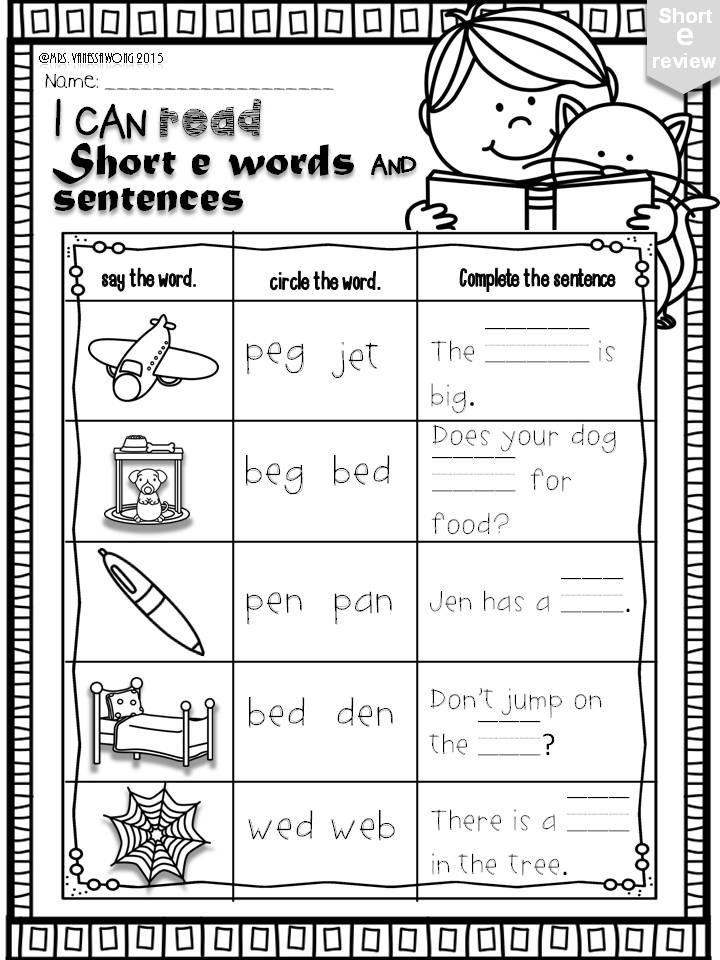 ..", dedicated to the 85th anniversary of the birth of the poet Nikolai Mikhailovich Rubtsov, have been summed up
..", dedicated to the 85th anniversary of the birth of the poet Nikolai Mikhailovich Rubtsov, have been summed up
A week of children's books was held on the #ReadFest platform.
"BOOKS. COFFEE. SPRING" - the first St. Petersburg Book Festival was held from 2 to 7 March in the pavilion of the legendary film studio Lenfilm.
On March 30, for the first time in the Penza region, an interdepartmental conference on the support and development of reading “From “literary nests” to a reading region” was held. It was held as part of the implementation of the Action Plan for the support and development of reading in the Penza region for 2019-2024, approved by the Government of the region.
On March 23–24, 2021, the Eleventh All-Russian Working Meeting “Sociologist and Psychologist in the Library” was held at the RSSL.
The fifth all-Russian campaign "Give books with love" was held
From February 8 to February 14, 2021, the Association of Cultural, Artistic and Educational Workers to Introduce Children to Reading “Raising a Reader” held the Fifth All-Russian Campaign “Give Books with Love”.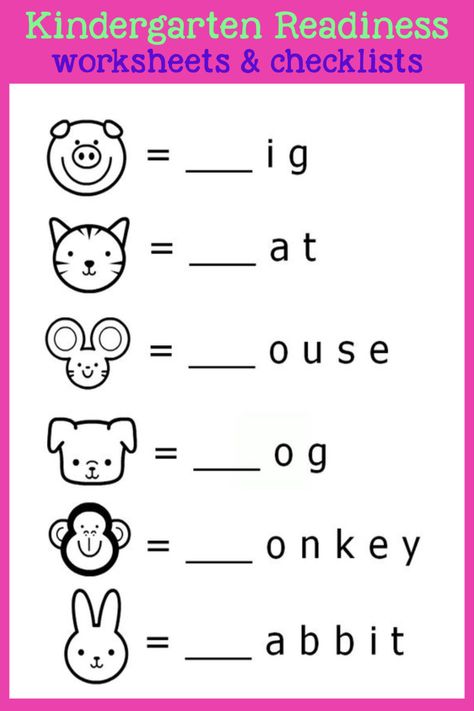
On January 26, at 12:00, the III Granin Readings were held at the Daniil Granin Library (Branch No. 9 of the Nevsky CLS of St. Petersburg). More
Festival "Book lighthouse of St. Petersburg": "Music of meanings. Sound, word, books, music, poetry. February 12-14, 2021. RNB report. The results on the website of the Central State Public Hospital named after. V.V. Mayakovsky. See also.
2020
On November 19-20, the VI International Scientific and Practical Conference "Reading and Literacy in Education and Culture: Letter in Number" was held, organized by the Russian Reading Association. Information mail. Additional Information. Conference results.
On November 18, the conference "Cultural Map of Russia: Mechanisms for the Development of Reading Infrastructure in the Regions" was held. Conference results. Watch the video.
On November 10, a scientific and practical seminar "Promotion of reading and media and information literacy in Russia: goals, objectives, achievements, problems and prospects" was held, organized by the National Library of the Udmurt Republic, the Russian Committee of the UNESCO Information for All Program and the Interregional Center for Library Cooperation .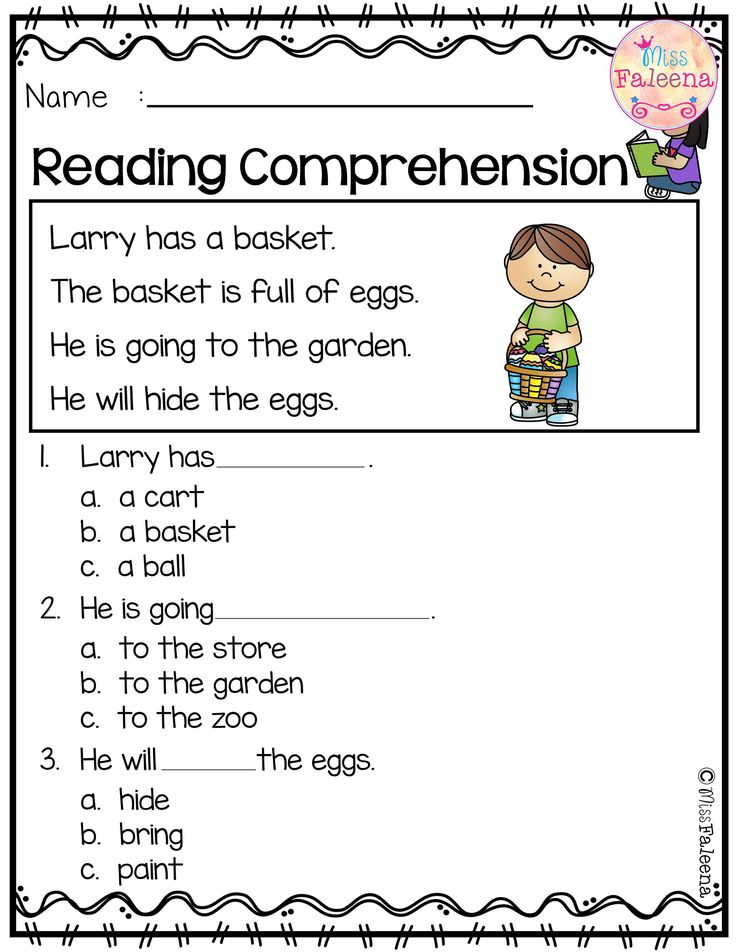
All-Russian conference "Programme for Support and Development of Children's and Youth Reading: Problems and Prospects" was held in the House of Russian Abroad
October 31 - November 1, 2020, the First All-Russian Online Family Reading Festival "#ReadFest" was held. First results.
On October 27-28, the VI Pogodin Readings took place in the Leningrad Regional Children's Library.
On October 17, the Total Dictation took place. Total dictation in the National Library of Russia.
On October 9-10, 2020, the Russian State Children's Library hosted the III All-Russian Scientific and Practical Conference "Raising the Reader: Pedagogy of Children's and Adolescents' Reading"
The 2020 season of the project "Big Book - meetings in the provinces" has ended. More. Video.
"BOOK LIGHTHOUSE OF PETERSBURG" published the results.
VIII Izhevsk Book Festival "Read, Izhevsk" (September 4-6, 2020)
On September 1, the autumn all-Russian intellectual race "Running Book - 2020" took place.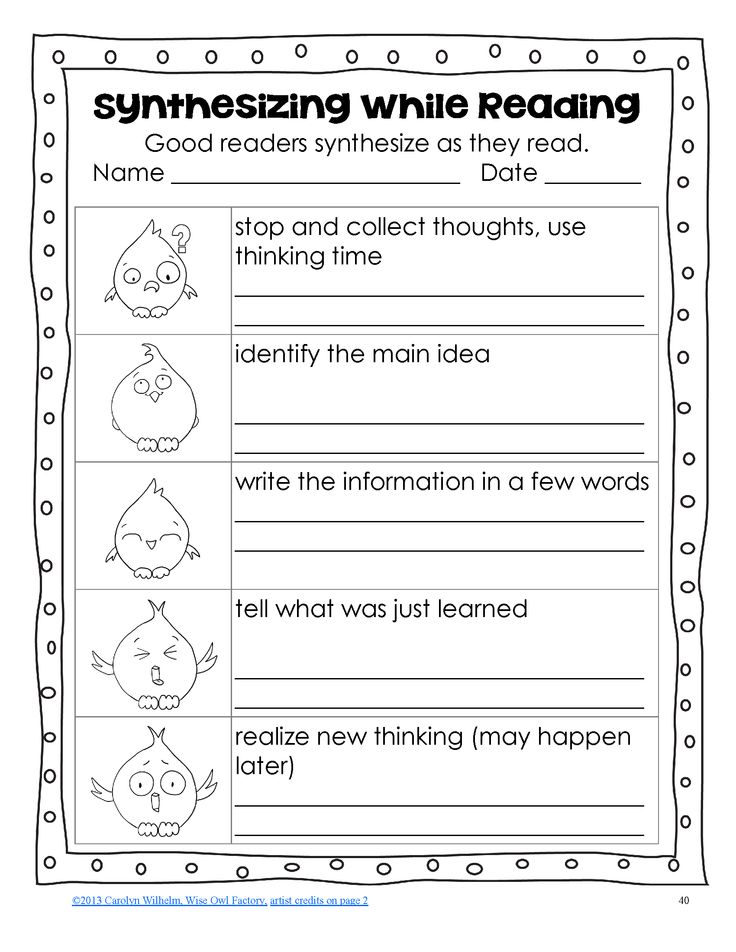
Ryazan hosted the Reading World 2020 National Book Festival.
In the Bryansk Regional Scientific Universal Library. F.I. Tyutchev, the IX Interregional Scientific and Practical Conference "Reading and Time" ended. The conference was supported by the Reading Center of the Russian National Library, the Reading Section and the Rural Libraries Section of the Russian Library Association. Information mail. Information about the discussion of reports.
The Daniil Granin Foundation held the Second Summer Graninsky Festival on August 9 and 15, 2020, at the Komarovo Writers' Creativity House (Leningrad Region, Komarovo village). Festival program on August 9th.
The results of the interregional network competition "Bookcase next generation" have been summed up.
The interregional network competition of readers' diaries "Bookcase of the generation next" was held from January 15 to July 2, 2020 on the WikiSiberiaDa portal. The competition was organized by the Reading Section of the RLA, the Novosibirsk Regional Children's Library, the Perm Regional Children's Library.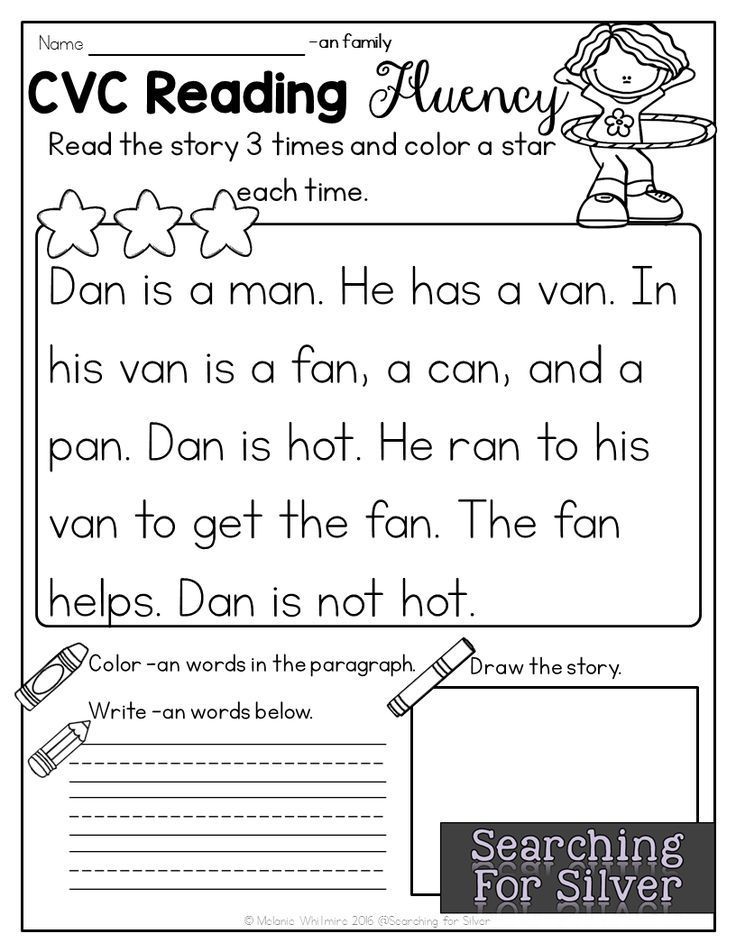 L. I. Kuzmina, Tver Center for Books and Reading, Central City Children's Library. A.S. Pushkin, Sarov, Nizhny Novgorod Region, Centralized Library System, Arzamas, Nizhny Novgorod Region, Novokuznetsk Central Children's Library, and School Library: Today and Tomorrow magazine. More.
L. I. Kuzmina, Tver Center for Books and Reading, Central City Children's Library. A.S. Pushkin, Sarov, Nizhny Novgorod Region, Centralized Library System, Arzamas, Nizhny Novgorod Region, Novokuznetsk Central Children's Library, and School Library: Today and Tomorrow magazine. More.
On June 9-11, the traditional Summer Days of Children's Literature took place in the village of Vyritsa, Gatchinsky District, Leningrad Region, which were broadcast live on the LODB YouTube channel. More. See also.
The Chelyabinsk Regional Universal Scientific Library organized the online conference "Library and Reader - Dialogue in Remote Mode".
More than 250 libraries in Yakutia were united by the II Republican online action "The Power of the Book - 2020".
Yekaterinburg city libraries held the XIV Book and Reading Festival "Read, Yekaterinburg!" in online format.
The Samara Regional Children's Library organized the VI Interregional Reader's Online Conference "Aksakov Bridge - 2020".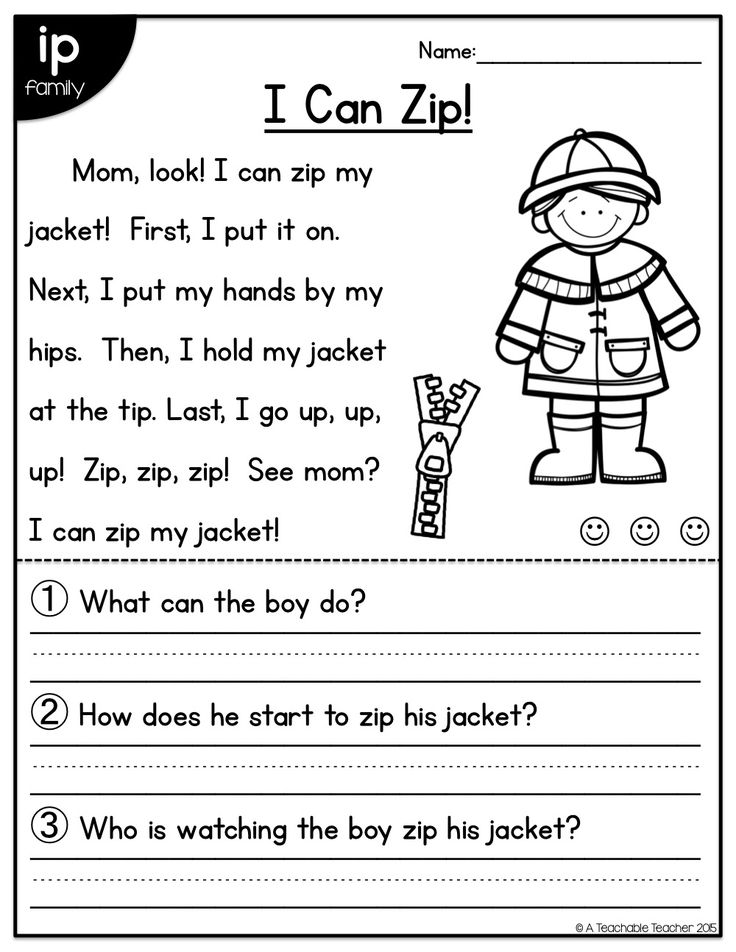
All-Russian creative competition "Thanks to the little hero". Results.
The Volgograd Regional Children's Library presented the multimedia resource "The Immortal Regiment of Literary Heroes" for the 75th anniversary of the Victory.
The State Library for Youth held a poetry marathon "24 hours" dedicated to the 75th anniversary of the Victory.
The XI international campaign "Reading to children about the war" - 2020 has passed. See also.
The All-Russian campaign "Library Night - 2020" has passed. Online marathon. See also.
Video recordings and other materials of the sessions of the Book World in the New Reality Online Forum are available.
On April 23, 2020, on the International Book and Copyright Day, an online conference of representatives of the book industry "The New World: PROreading the Future" was held on the basis of the Zoom cloud platform. Final document.
Raising Readers Association Summed up the preliminary results of the fourth all-Russian action Give Books with Love.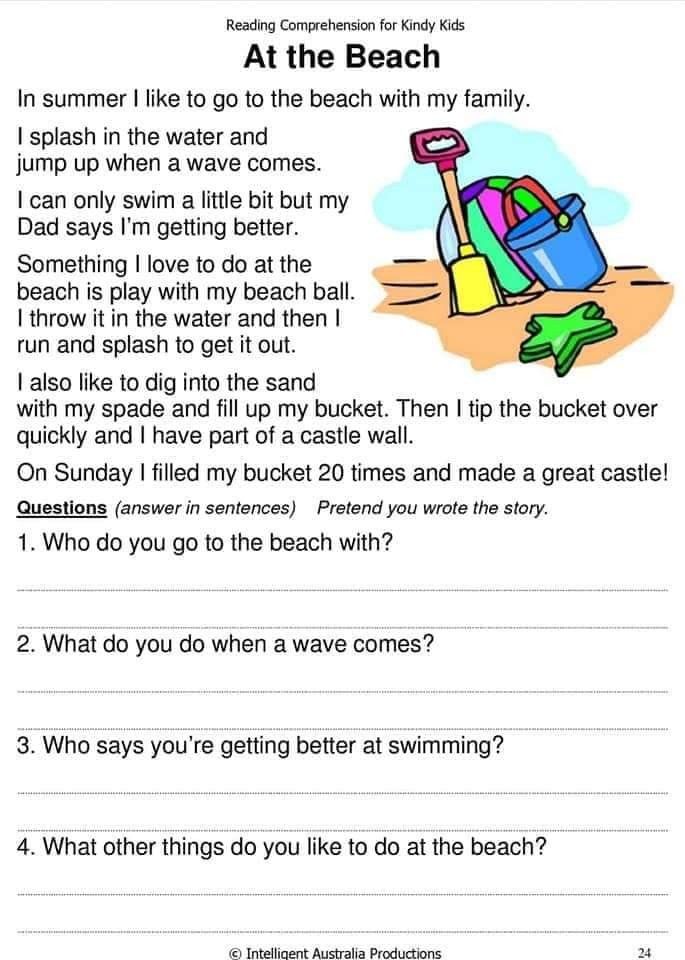
Awarded Fyodor Abramov All-Russian Literary Prize "Clean Book" . The founders are the Governor of the Arkhangelsk Region, the Russian Book Union and the All-Russian Public Organization "Union of Writers of Russia". Information mail. Regulations on the competition. Press conference. Winners.
2019
95 years old V.P. Astafiev
VI All-Russian Belov Readings “Belov. Vologda. Russia" were held from October 14 to 24, 2019
From September 12 to 14, 2019, the annual International Book Siberia Festival was held in Novosibirsk.
From September 18 to 21, 2019, the Government of the Ryazan Region, the Public Chamber of the Ryazan Region, the Russian Book Union, the Association of Book Publishers of Russia, the Ryazan Library Society, the Ryazan Regional Universal Scientific Library named after Gorky held a festival of the national book "The Reading World".
X Perm Regional Book and Reading Forum “Reading.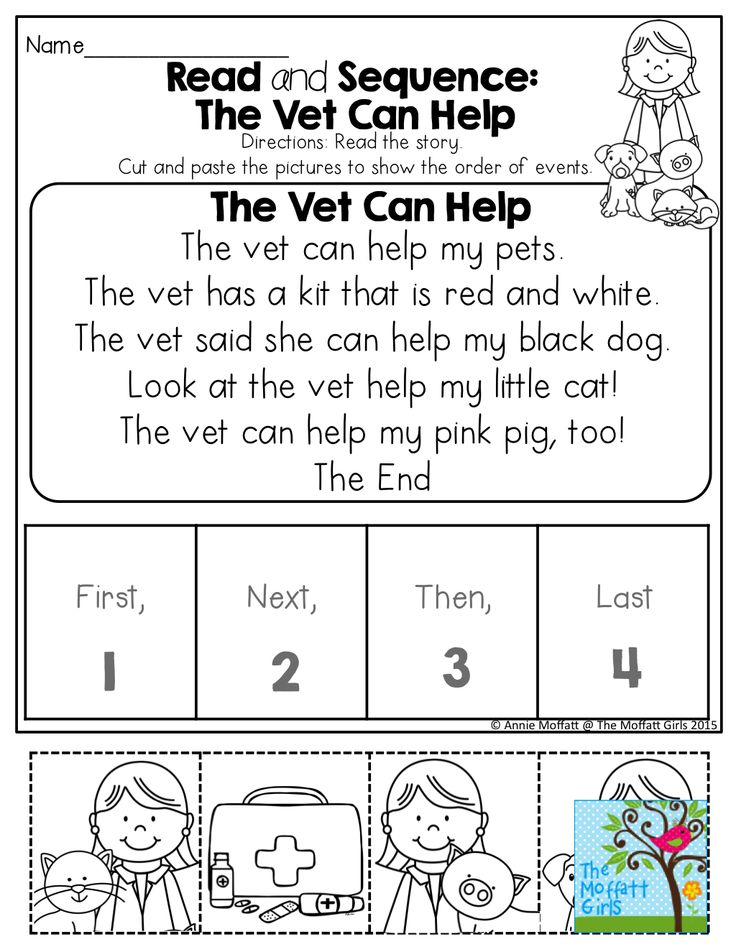 Cognition. Creativity”, was held on September 27-28, 2019 in Gubakha. See also. See also.
Cognition. Creativity”, was held on September 27-28, 2019 in Gubakha. See also. See also.
The results of the III All-Russian competition of author's programs to introduce children to reading have been summed up.
From September 18 to 21, 2019, the Reading World National Book Festival was held in Ryazan.
The Expert Council of the Mikhail Prokhorov Foundation summed up the results of the open charity competition "The New Role of Libraries in Education" - 2019.
"Rossiyskaya Gazeta" and "GodLiteratura.RF" summed up the results of the project "Reading Krylov". We read Krylov. Videobook 1.. Videobook 2.. Videobook 3.
On May 6, 2019, the X International Campaign "Reading to Children about the War" was held, initiated by the Samara Regional Children's Library and dedicated to the Great Victory Day.
Summed up the results of the inter-regional campaign of video quotes by D. A. Granin “The simplest and most important thing?” (Organizer - Pskov OUNB).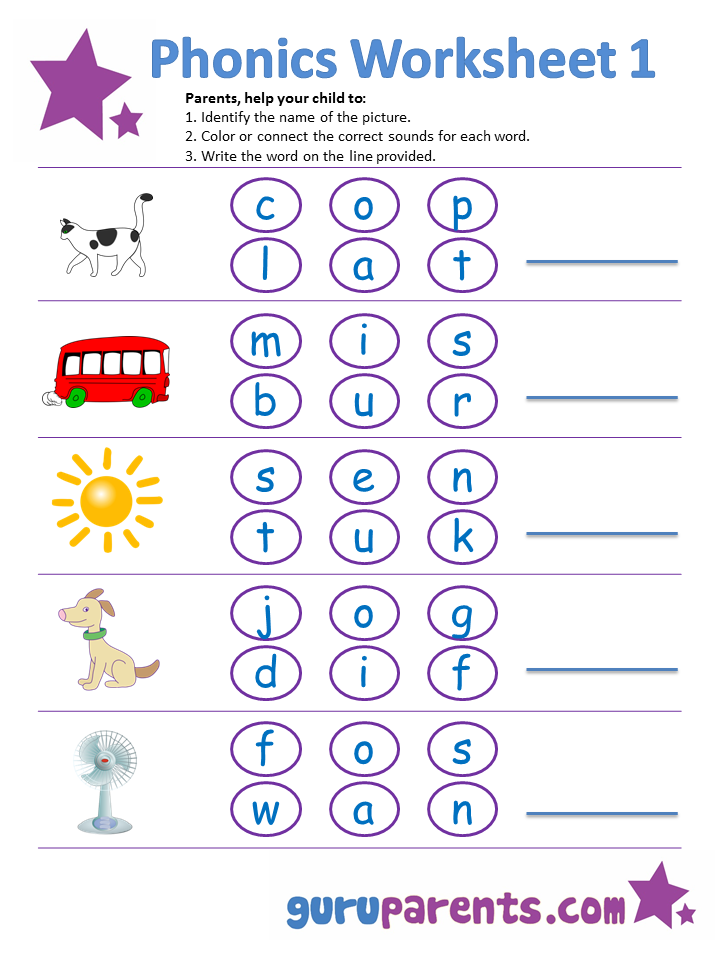 Video.
Video.
The Association for Involving Children in Reading "Raising the Reader" held the Third All-Russian Action "Give Books with Love".
interregional scientific and practical seminar "Promotion of reading and media and information literacy in Russia: goals, objectives, achievements, problems and prospects" was held : March 28-29, 2019 M.Yu. Lermontov; April 1-2, 2019 in the Altai Regional Universal Scientific Library. V. Ya. Shishkov; April 5, 2019 at the Moscow State Pedagogical University.
The Bumkniga Publishing House has summed up the results of the Best Comics for Russian Libraries contest!
2018
The Expert Council of the All-Russian competition “Cultural Footprint”-2018 chose five winning projects
Youth Center named after. V. F. Tendryakov of the Vologda Regional Universal Scientific Library carried out a cultural and educational project "Vladimir Tendryakov - 2018: Reloaded", dedicated to the 95th anniversary of the writer.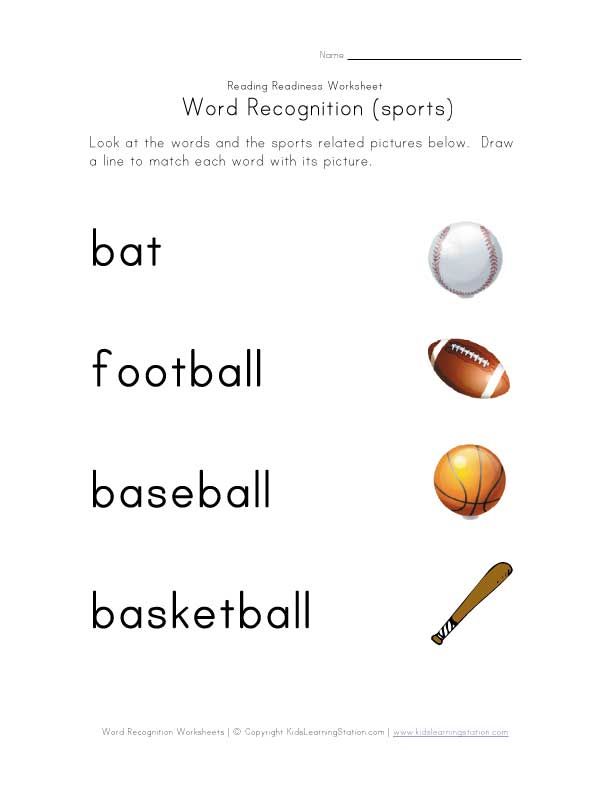
The results of the All-Russian competition for the best educational project "Reading Solzhenitsyn" have been summed up.
On December 10, the fourth Google-reading "From young to old" took place: "Old fairy tales - new meanings". Announcement. Broadcast. See also.
The Krasnoyarsk Regional Youth Library summed up the results of the Interregional Master Forum "Modern Reader and Modern Library: Choosing Communication Practices" (November 30 - December 2, 2018).
November 13-14 at the Moscow State Pedagogical University, with the support of the Federal Agency for Press and Mass Communications, the All-Russian Scientific and Practical Conference "Program for the Support and Development of Children's and Youth Reading: Problems and Prospects" was held.
On November 8, 2018, the Russian State Children's Library and the Scientific Council on Reading Problems of the Russian Academy of Education (RAO) held the All-Russian Conference "Library, Books and Reading in the Life of the Digital Generation".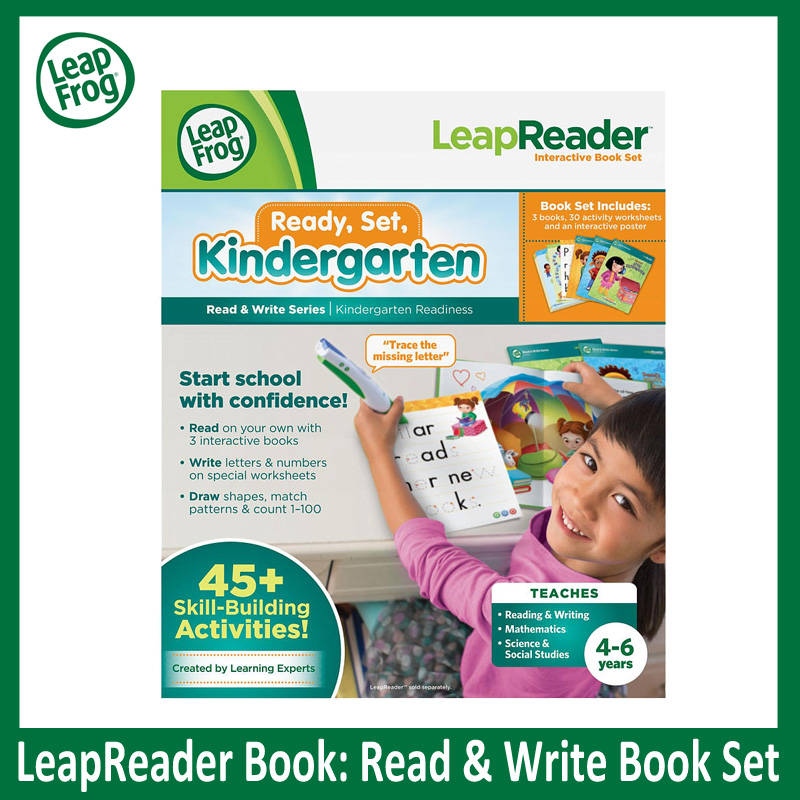 Information mail.
Information mail.
The Russian State Children's Library, together with the Association of Cultural, Artistic and Educational Workers to Introduce Children to Reading "Raising the Reader" with the support of the Ministry of Culture of the Russian Federation, summed up the results of the "Children's Reading in the Digital World" contest.
On October 12-13, 2018, the II All-Russian Scientific and Practical Conference "Raising the Reader: Pedagogy of Children's and Adolescents' Reading" was held in the Russian State Children's Library.
Bryansk Regional Universal Scientific Library. F.I. Tyutcheva summed up the results of the VIII scientific and practical conference "Reading and Time", , which was held in July-September 2018, in absentia and in person. Read more... Post-release.
On May 30, 2018, the Russian State Children's Library hosted the IX Annual Interuniversity Round Table of Students, Postgraduates and Young Scientists: "The Role of Reading in the Development of a Child's Personality".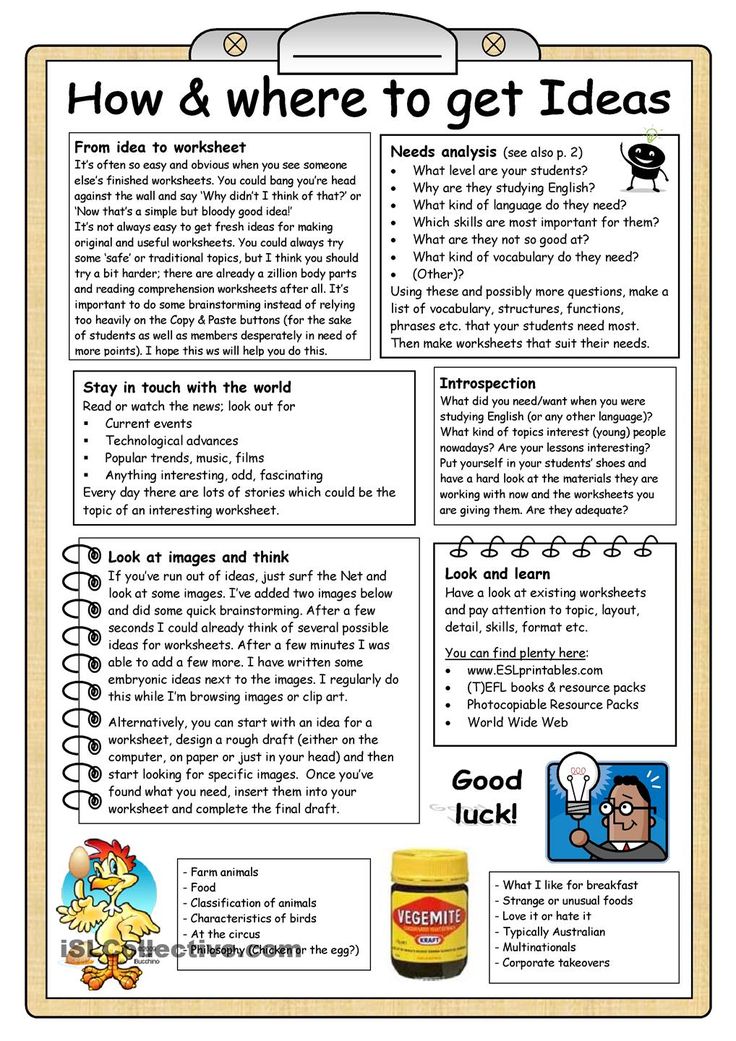
Inter-district centralized library system named after M.Yu. Lermontov (St. Petersburg) held the third season of the Reader's Recommendation Competition BOOK SHURMAN.
On June 1, Red Square hosted the superfinal of the largest competition for young reciters in Russia - "Live Classics".
The winners of the contest "Actual classics: from Pushkin to Chekhov" were awarded. See also.
On May 4, 2018, the IX International Campaign "Reading to Children about the War" was held, initiated by the Samara Regional Children's Library and dedicated to the Great Victory Day.
On April 26–27, Moscow hosted the All-Russian Scientific and Practical Conference “Fiction in the Youth Space”, organized by the Russian State Library for Youth (RGLY).
April 23-24, 2018 St. Petersburg Academy of Postgraduate Pedagogical Education held an international scientific and practical conference "Reading for children and adults: developing interest in reading as part of national cultural policy", dedicated to World Book and Copyright Day.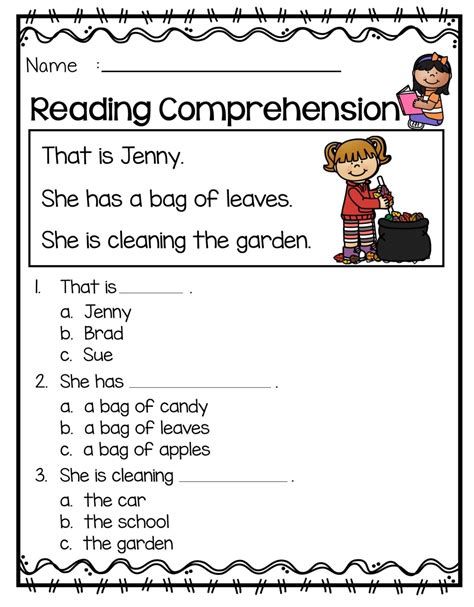 Information mail. Program.
Information mail. Program.
On April 16, a scientific-practical seminar "Promotion of reading among children and youth: the role of literary museums" was held in Moscow.
March 29-30, 2018 in the Volgograd Regional Universal Scientific Library. M. Gorky, an interregional scientific and practical seminar "Promotion of reading and media and information literacy: problems and prospects" was held.
On March 27–29, 2018, the Tenth All-Russian Working Meeting “Sociologist and Psychologist in the Library” took place in Moscow. The organizers of the meeting are the Russian State Children's Library and the Russian State Library for Youth.
March 26, 2018 with the support of the Ministry of Culture of the Republic of Crimea in the Crimean Republican Universal Scientific Library. I. Ya. held a scientific and practical seminar for bibliographers of centralized library systems "Modern bibliography: opportunities and prospects."
February 28, in the inter-settlement central library of the Municipal Budgetary Institution of Culture of the Pribaikalsky District "Baikal Centralized Library System" of the Republic of Buryatia, a seminar of library specialists "Innovative work of libraries within the framework of the project "National Program for the Support and Development of Reading" was held.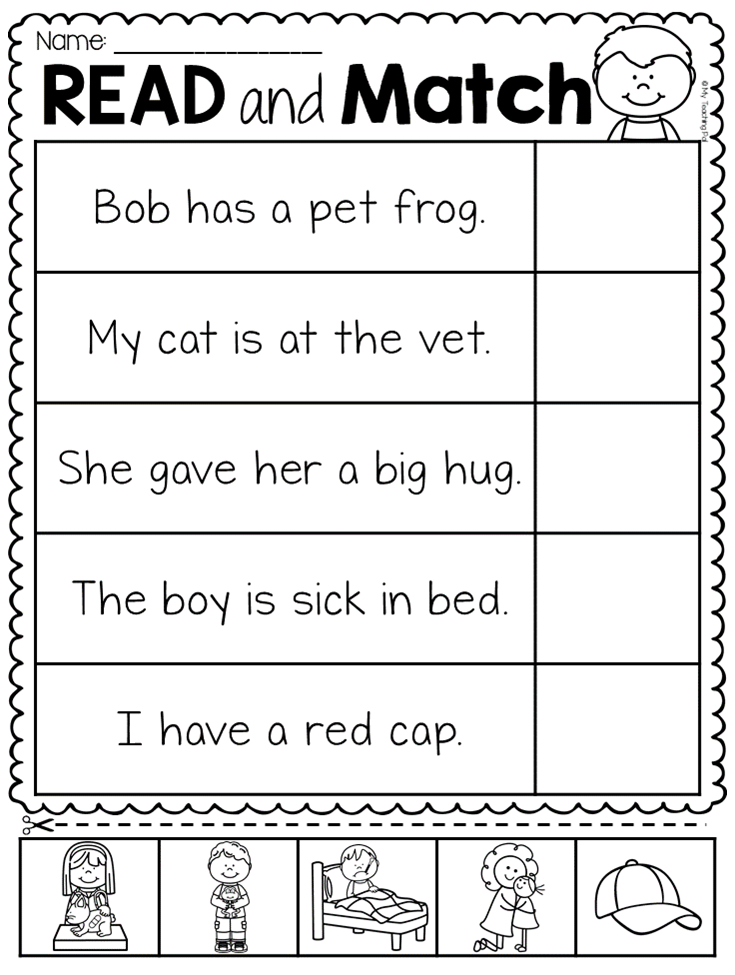 More.
More.
Fathers and sons read the novel Fathers and Sons. Project for the 200th anniversary of Ivan Sergeevich Turgenev.
2017
Moscow hosted the All-Russian Scientific and Practical Conference "Program for Support and Development of Children's and Youth Reading: Problems and Prospects". See also.
Astrakhan hosted an interregional scientific and practical seminar "Promotion of reading and media and information literacy in Russia: goals, objectives, achievements." See also.
II Regional Forum of Reading Organizers dedicated to the 135th anniversary of the Tara Central District Library (Tara). Read more.
Elista hosted an interregional scientific and practical seminar "Promotion of reading and media and information literacy: problems and prospects." Read more.
The Federal Agency for Press and Mass Communications together with the Non-Commercial Foundation "Pushkin Library" announce the winners of the action "Modern Russian Prose of the 21st Century: Top-10.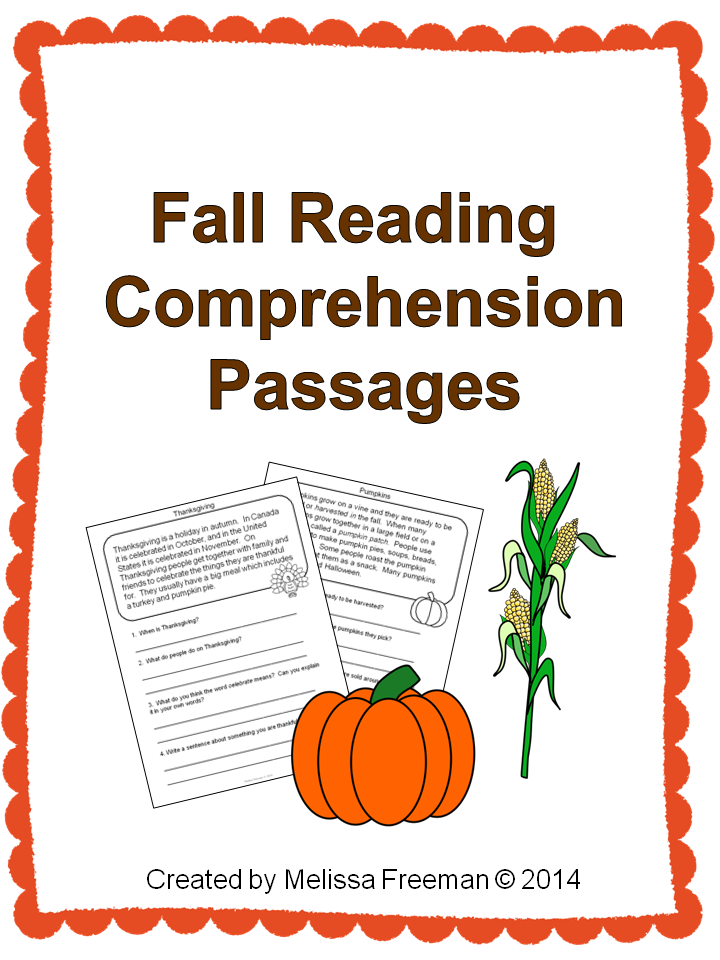 The choice of users of the portal "Reading-21".
The choice of users of the portal "Reading-21".
The Pskov Regional Universal Scientific Library thanks all those who took part in the international Open creative web marathon in memory of A.S. Pushkin "Pushkin without borders".
Participants of the International Teenage Reading Olympiad PROread - 2017 made a list of their favorite books.
"Live Classics" chose the best. See also.
The VIII International Campaign "Reading to children about the war" (May 4, 2017) was held. Details are on the website of the Samara Regional Children's Library.
On April 20-21, 2017, the Education Committee of the Government of St. Petersburg, the St. Petersburg Academy of Postgraduate Pedagogical Education held an international scientific and practical conference "Reading for children and adults: developing interest in reading as part of the national cultural policy" . Information mail.
BIBLIONIGHT-2017
On April 6-8, 2017, the Fifth International Scientific and Practical Conference "Reading and Literacy in Education and Culture: Results and Prospects" was held.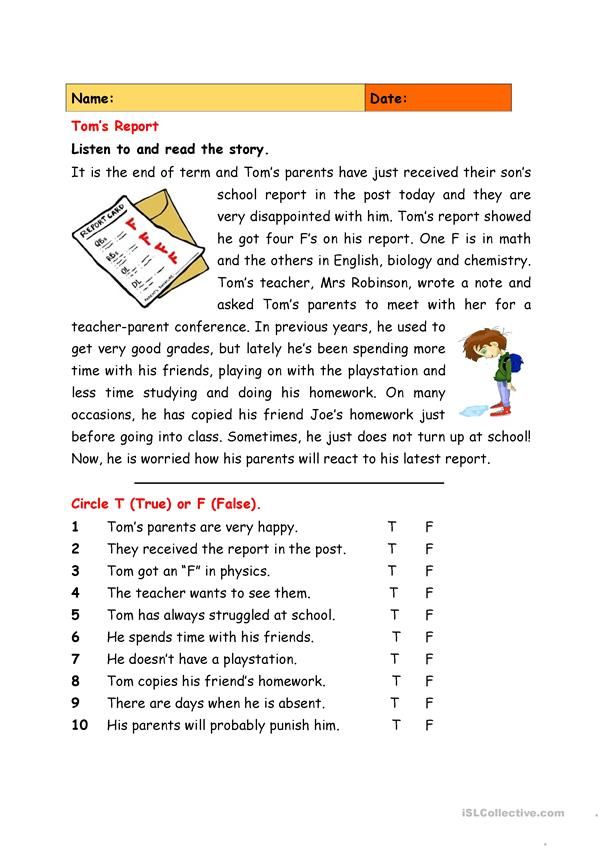 More.
More.
The video project "Reading Onegin" is completed
The results of the competition "Reading the classics in the library" are summed up, within the framework of the Internet project "Country reading" .
The Association of Cultural, Artistic and Educational Workers for Involving Children in Reading "Raising the Reader" held February 14, 2017 , on International Book Giving Day, the first all-Russian action "Give books with love".
2016
Discussion “Why do we need social reading?” was held at the Moscow City Pedagogical University (MGPU) on December 17, 2016. See also.
Competition "Reading the classics in the library" , within the framework of the Internet project "Country reading" . 1225 children's libraries of the country took part in the all-Russian social competition "Reading the classics in the library".
In the Central City Public Library.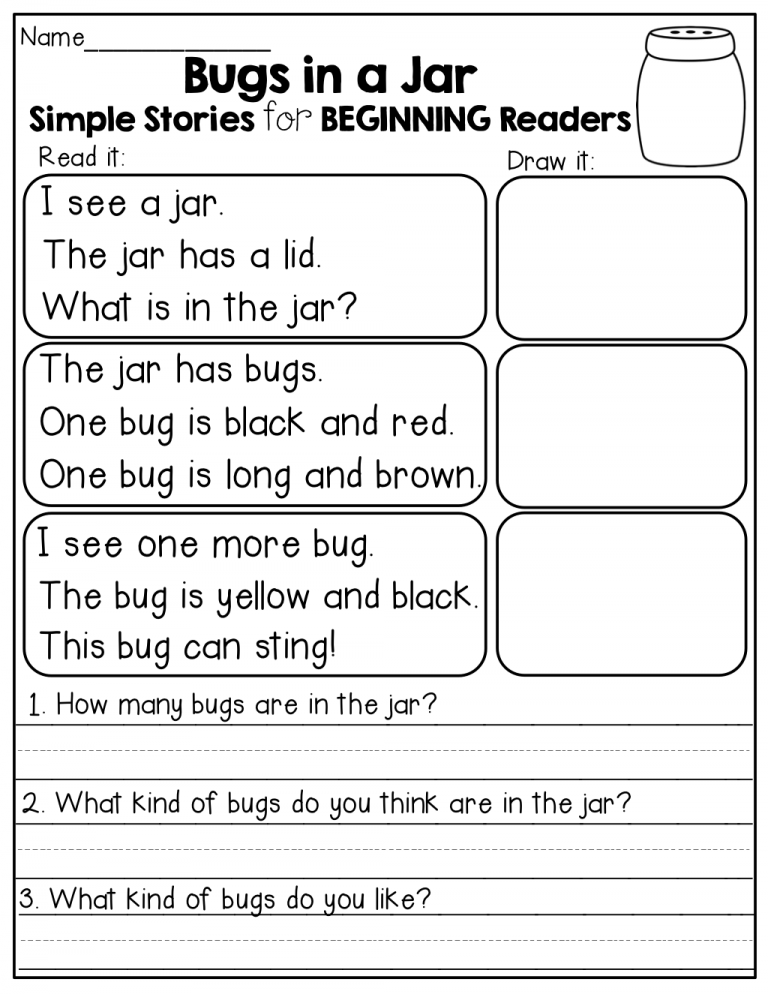 V.V. Mayakovsky (St. Petersburg) On November 30, 2016, the II All-Russian Scientific and Practical Conference “Methodological service: between the hammer and the anvil. Through mutual understanding with the team to interaction with the authorities and society.
V.V. Mayakovsky (St. Petersburg) On November 30, 2016, the II All-Russian Scientific and Practical Conference “Methodological service: between the hammer and the anvil. Through mutual understanding with the team to interaction with the authorities and society.
On November 17, 2016, a scientific conference "Why Russia Needs Readers" was held in Moscow. More.
In the Leningrad Regional Children's Library (LODB) and the Institute of Russian Literature (Pushkin House) of the Russian Academy of Sciences on October 25-27, 2016, an interregional scientific conference "ANTHROPOLOGY OF FAMILY READING. A FIELD OF BOOK REFLECTIONS" was held. More. Information mail.
Voronezh region - Literary flagship of Russia in 2016.
The contest "MY SMALL HOMELAND ON THE MAP OF RUSSIAN CINEMA" announced the winners.
All-Russian competition of book trailers - 2016 is over.
November 21-22, 2016 in the Sverdlovsk Regional Universal Scientific Library. V. G.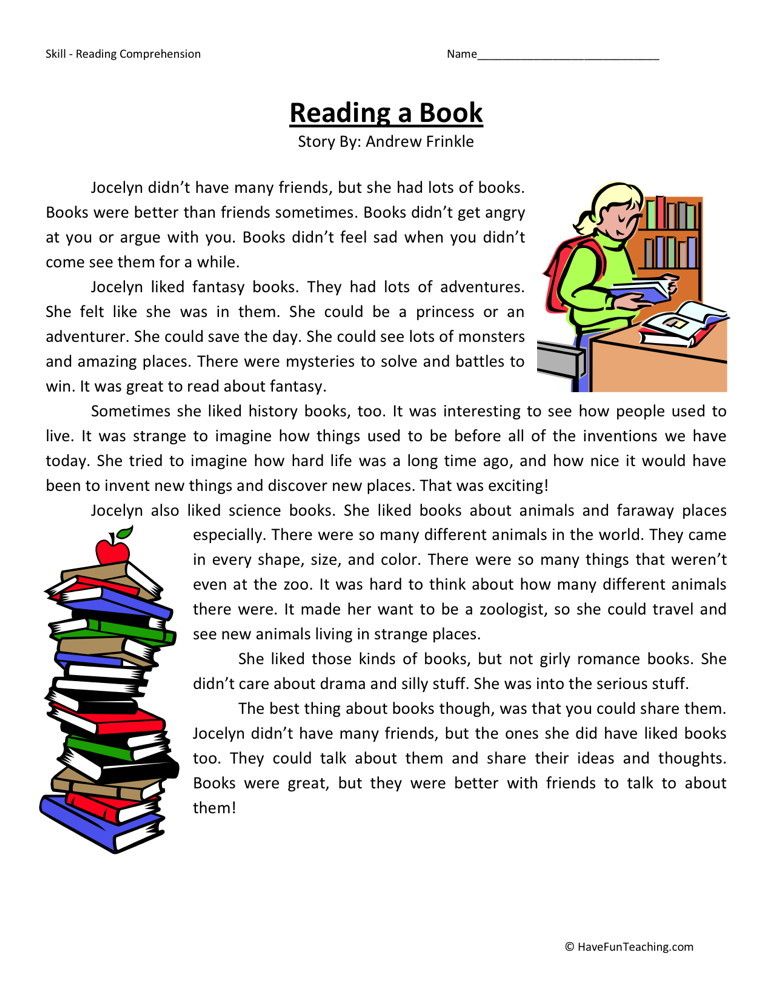 Belinsky hosted the VI non-Conference of library bloggers "Library in the field online: the main means of production."
Belinsky hosted the VI non-Conference of library bloggers "Library in the field online: the main means of production."
The results of the literary competition "Reading Bryusov" have been summed up.
All-Russian campaign "Russia reads Rubtsov" announced the winners. Final video.
Bryansk Regional Universal Scientific Library. F.I. Tyutcheva held the VII scientific-practical conference "Reading and Time". Information mail. Conference page on the website of the Bryansk ONUB them. F.I. Tyutcheva.
In Ryazan, as part of the "Reading World" festival (September 29-October 3, 2016), a round table "Evaluation of the effectiveness of the implementation of projects in support of reading" was held.
On September 1-3, 2016, the scientific congress "Book: Siberia - Eurasia" was held in Novosibirsk. Information mail. See also. See also.
On July 27, a network campaign #LermontovLive took place in Russian libraries.
Under the leadership of the publisher Marina Volkova, another rally "Kilometers and Bookbytes" was held.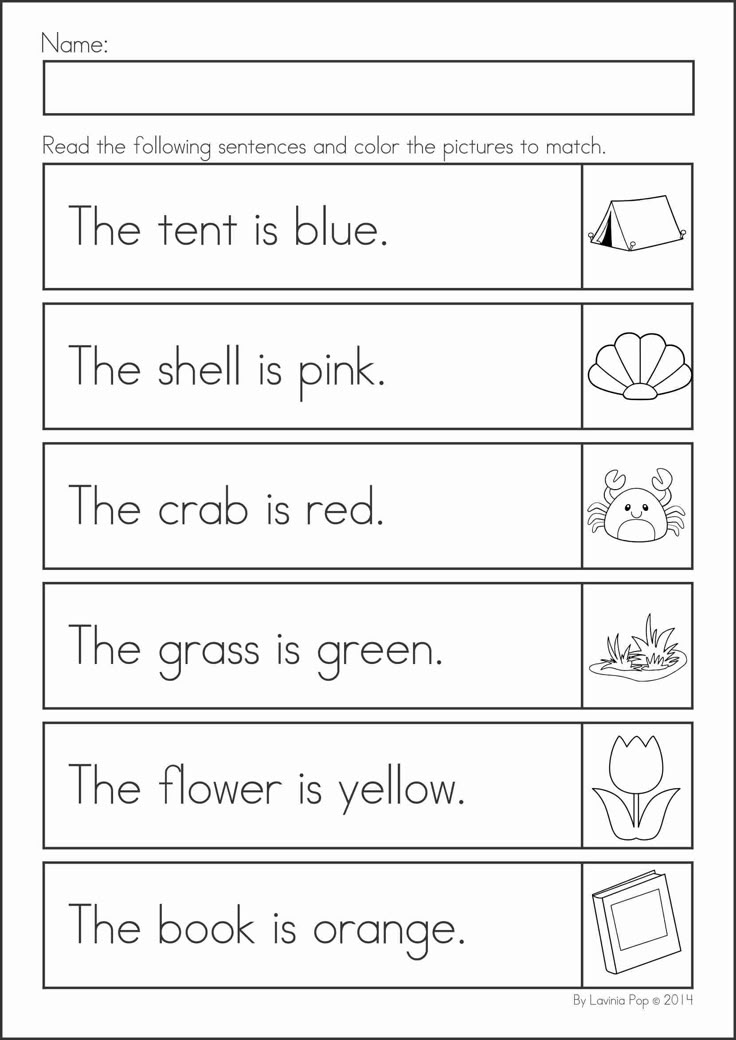
"How to talk to your reader so that they can hear you?" – this is the name of the panel discussion organized by the British Council in cooperation with the Strelka Institute within the framework of the Future of the Word forum (June 2-4, 2016).
The Russian State Library for Youth summed up the results of the short film competition "Once Upon a Time in the Library".
XI Book Salon was held in St. Petersburg on May 26-29.
The Samara Regional Children's Library held the Regional Children's Reading Festival "Country of Reading Childhood".
Passed the Open Your Mouth Reading Championship.
Library Night 2016 took place on April 22! Manifesto.
Total dictation-2016 took place on April 16th.
The All-Russian campaign "Journey to the world of Tukay" has ended.
The Samara Regional Children's Library organized and held the VII International Campaign "Reading to Children about the War".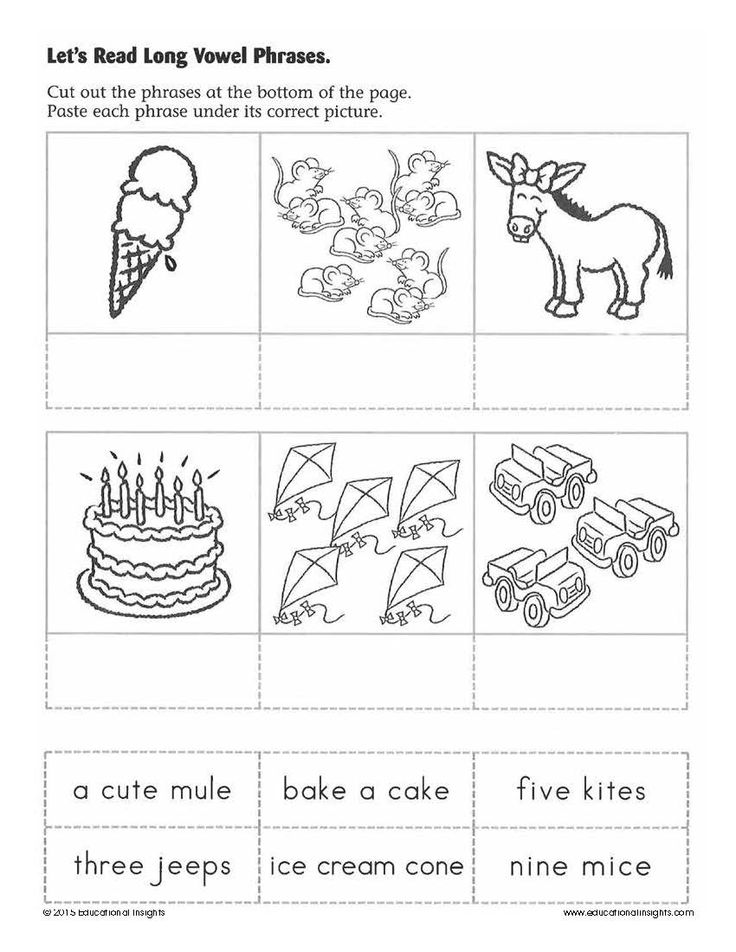 See details. See report.
See details. See report.
Booktrailer contest "Let's read and shoot Russian!". More. Regulations on the competition.
On April 4–5, the Palace of Books – Ulyanovsk Regional Scientific Library named after V.I. "Ulyanovsk is a UNESCO City of Literature".. More. See also.
March 30th. Reading was discussed at the European University: on this day, the first meeting of the seminar on the cultural history of Russia in the 19th century “The Long 19th Century” took place: The History of Reading.
On March 26, 2016, the conference "Reading of the modern schoolchild: software, free, problematic" was held.
On March 22–24, 2016, the Ninth All-Russian Working Meeting “Sociologist and Psychologist in the Library” took place in Moscow.
On March 18, 2016, the Seminar “Strategies for Innovative Development of Professional Training of Specialists in the Field of Reading” was held in Moscow
On February 24-26, the All-Russian Scientific Conference “Book in the Modern World: Verbal and Visual Dialectics” was held in Voronezh.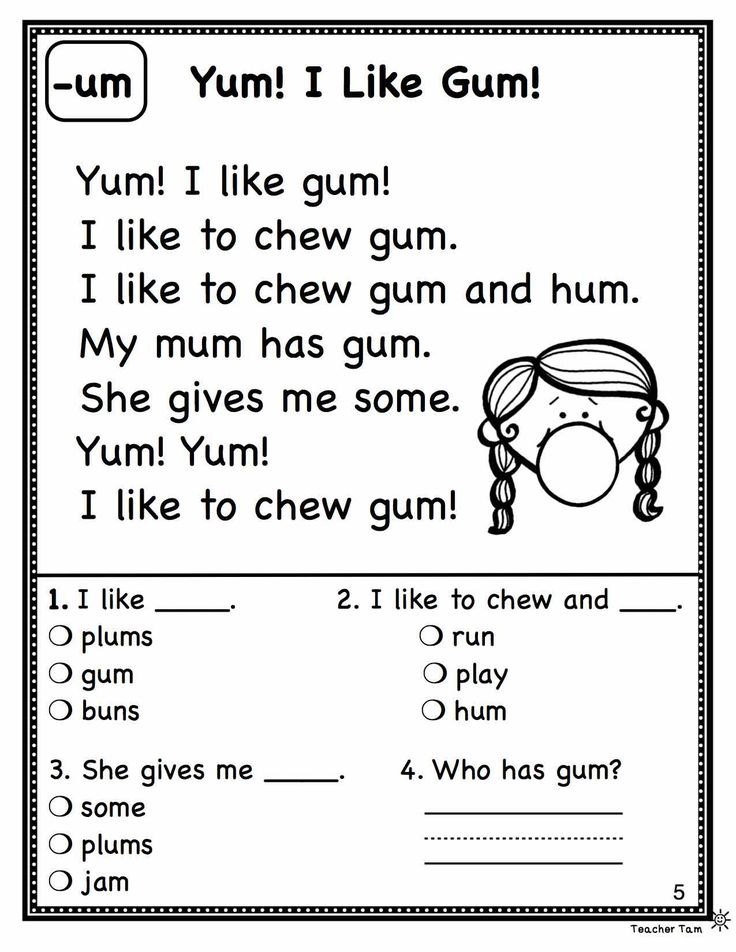
2015
Network project "Next generation bookcase" has summed up.
All-Russian competition "The most reading region" is over. See also.
November 25, 2015 in the Russian State Children's Library, within the framework of the permanent seminar of the Russian Academy of Education on the problems of reading, a seminar "Reading Russian classics today" was held.
November 16-17, 2015 the 5th Non-Conference of Library Bloggers-2015 was held.
October 28, 2015 in the Tambov OUNB named after A. S. Pushkin held a seminar-meeting "Public libraries of the Tambov region in the system of promoting books and reading."
On November 1, 2015 the All-Russian Geographical Dictation educational campaign took place.
September 21-24, 2015 The State Public Scientific and Technical Library of the Siberian Branch of the Russian Academy of Sciences (Novosibirsk) in cooperation with the Altai State Academy of Culture and Arts (Barnaul) and the National Library.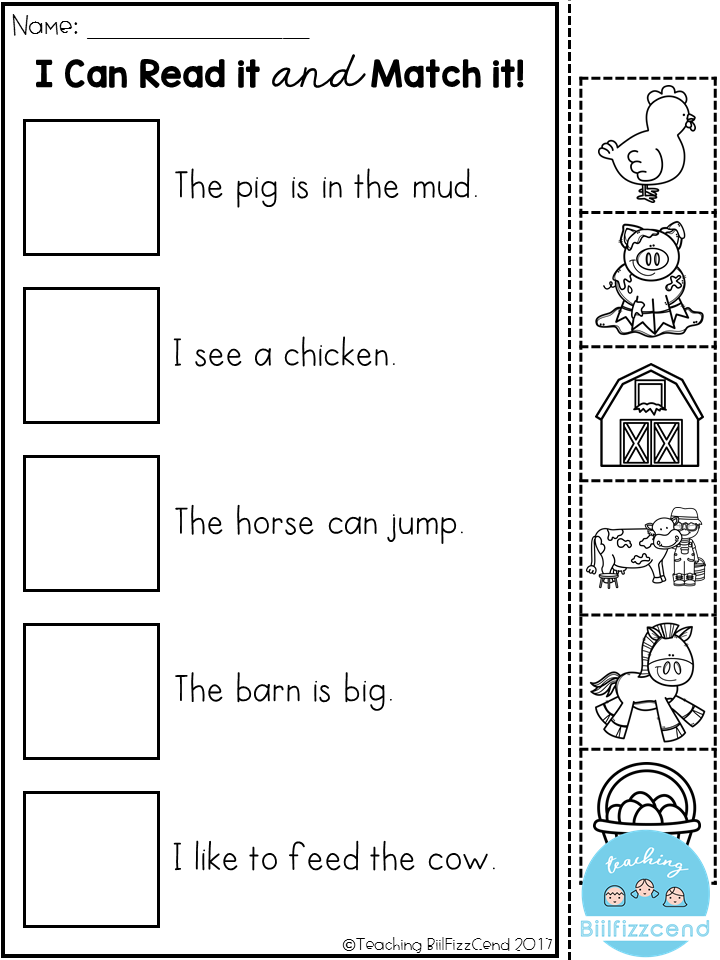 N.G.Domozhakova of the Republic of Khakassia (Abakan) held an Interregional Scientific and Practical Conference "Theory and Practice of Scientific Research in Libraries". More.
N.G.Domozhakova of the Republic of Khakassia (Abakan) held an Interregional Scientific and Practical Conference "Theory and Practice of Scientific Research in Libraries". More.
September 16-18, 2015 in the village of Pushkinskiye Gory, Pskov region, the II Interregional Literary Festival "Pskov Autumn" was held -2015 , dedicated to the Year of Literature in Russia. Information letter...
On September 24-25, , 2015, the Third International Intellectual Forum "Reading at the Eurasian Crossroads" was held in Chelyabinsk. Concept of the Forum.
25 to 27 June 2015 St. Petersburg Bibliolaboratory was held in St. Petersburg, dedicated to the Year of Literature .
June 22-26, 2015 in Pyatigorsk, Stavropol Territory, the XII interregional school for a young librarian “Literary Ark.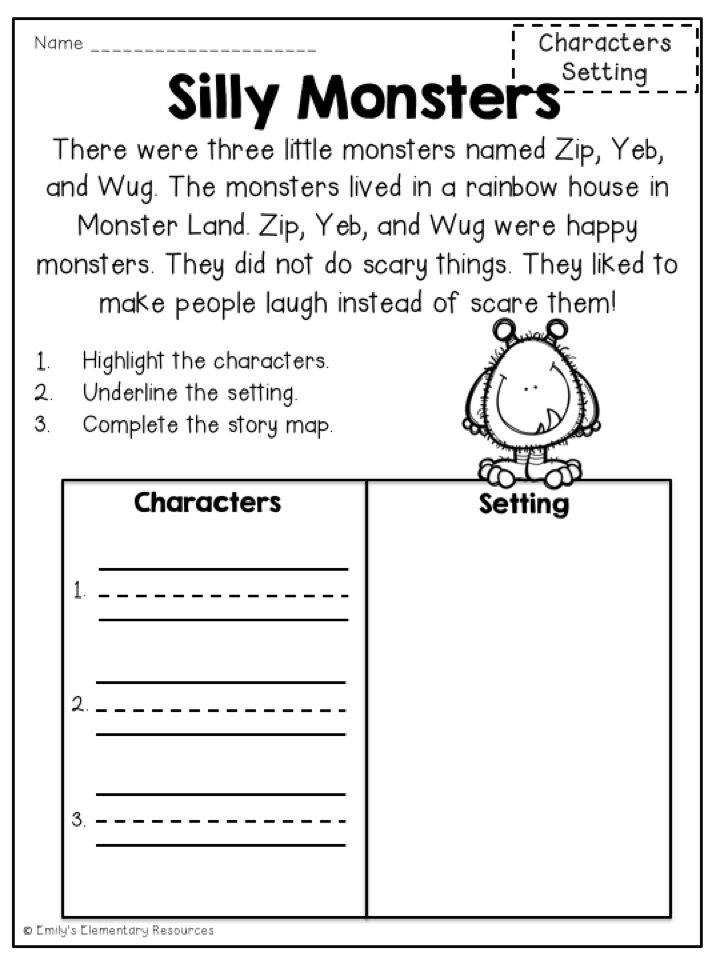 Youth. Library. XXI Century".
Youth. Library. XXI Century".
May 13-16, 2015 IX Chekhov Book Festival was held in Taganrog.
April 27, 2015 The Russian State Children's Library, together with the Scientific Council on Reading Problems of the Russian Academy of Education, held a Permanent Round Table on the topic: "Reading: Gender Aspects".
On April 23-24, , 2015 the Education Committee of the Government of St. Petersburg, the St. Petersburg Academy of Postgraduate Pedagogical Education held an international scientific and practical conference "Reading children and adults as a way to develop their creative competence." SPbAPPO website.
Library Night - 2015. Promo video .
"Total dictation" took place on April 18th.
On April 16-17, 2015, the Russian State Children's Library hosted the All-Russian Seminar for specialists of regional children's and youth libraries' service departments: "Raising the reader: a book and a library in a child's life".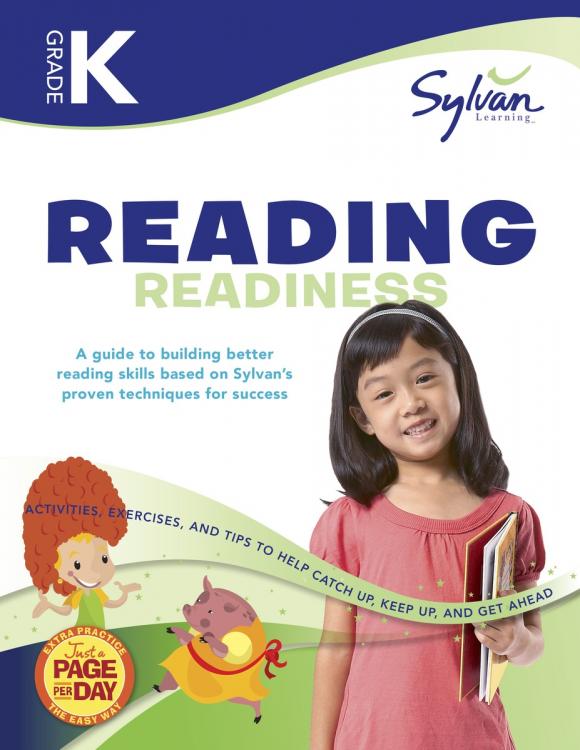
April 14 - 16, 2015 . The XII International Book Forum "Russian West" took place in Pskov.
Action "Monument to a literary hero" (completed on March 31).
March 20, 2015 at the Palace of the Book - Ulyanovsk Regional Scientific Library. VI Lenin held a regional seminar of librarians "Promotion of reading: the activities of the public library in the Year of Literature."
March 1-7, in the Tyumen region - in Tobolsk, Tyumen, Ishim, Zavodoukovsk and Yalutorovsk, the Festival of one fairy tale (Peter Ershov's week) was held.
2014
Anniversary of M.Yu. Lermontov .
The sixth scientific-practical conference "Reading and time" (Starodub, Bryansk region) has ended.
September 17-18, 2014, the Pskov Regional Universal Scientific Library hosted I Interregional Festival "Book in the Cultural Space of the Region".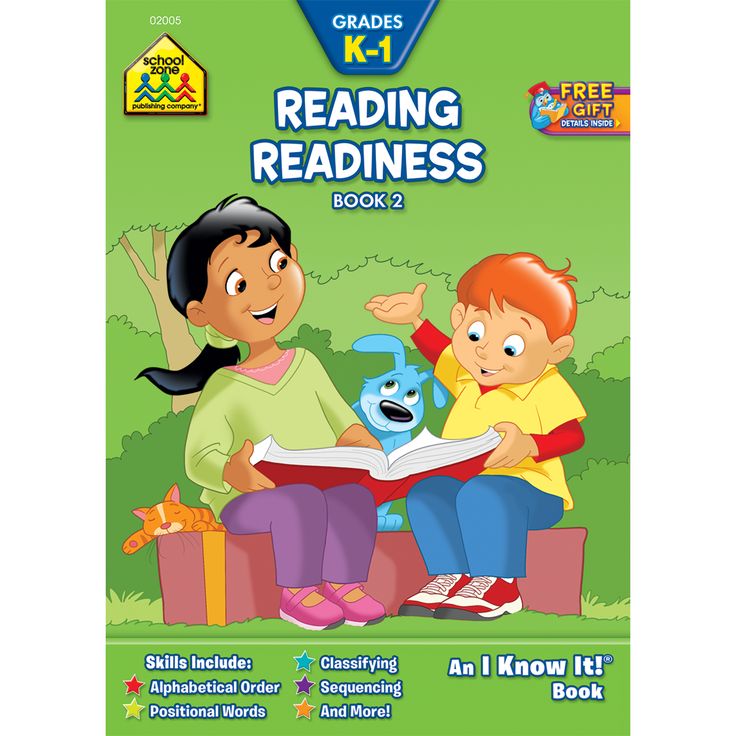 Read more.
Read more.
M Inter-regional Internet project "Classics in non-format".
On May 29, the Presidential Library (St. Petersburg) hosted a seminar-conference “Development of book infrastructure and marketing of reading in the digital age”.
On May 29-30, Yekaterinburg hosted the All-Russian Scientific and Practical Conference "Reading in the 21st century: traditions and trends (on the occasion of the 115th anniversary of the Sverdlovsk Regional Universal Scientific Library named after V.G. Belinsky)" . More.
The Profile Commission for Science and Higher Education of the Legislative Assembly of St. Petersburg, with the participation of the St. Petersburg branch of the Union of Writers of Russia, on June 3, 2014, organized a Round Table 9 at the Mariinsky Palace in St. Petersburg0003 « Legal aspects of increasing reading culture and interest in reading» .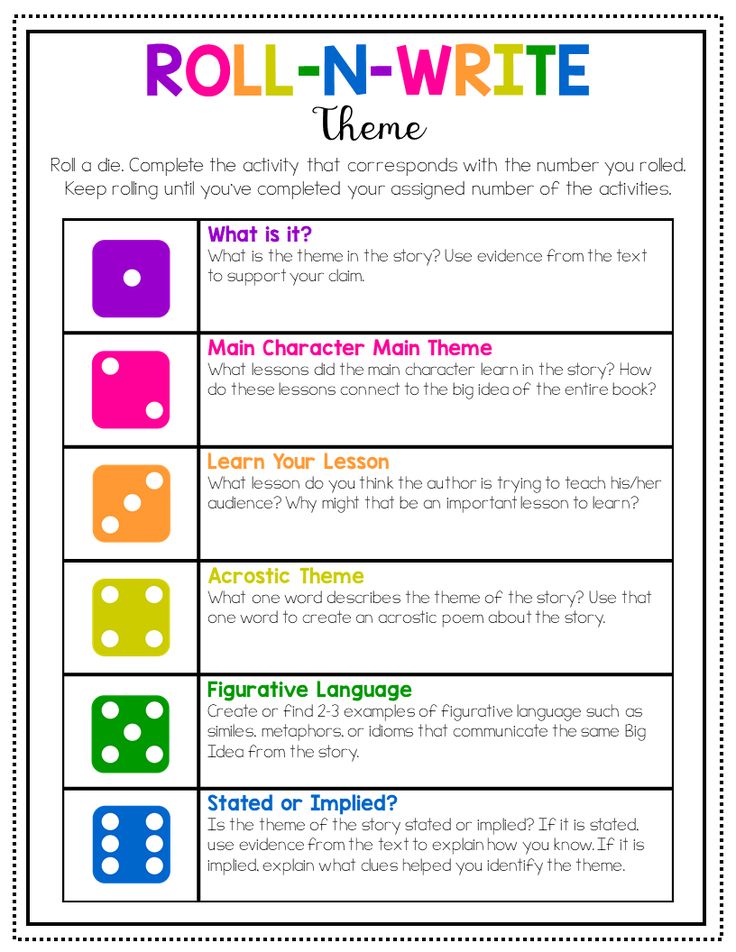 Read more
Read more
How to hold a Reader's Conference in the Library
Libraries
The Reading Conference follows independent reading and offers students the opportunity to:
- share their thoughts on what they have read;
- identify goals for future reading;
- get feedback from the teacher.
Reader conferences also help:
- find motivation to read;
- understand the social, cultural and linguistic nuances that affect the text;
- communicate with other people;
- develop thinking through reasoning about the text.
The conference is usually devoted to one topic or one writer, the discussion goes only on the main, pre-prepared questions. Nevertheless, communication and discussion of the book should be encouraged, and the more participants are involved in this process, the more interesting thoughts will sound at the conference and the more useful it will be.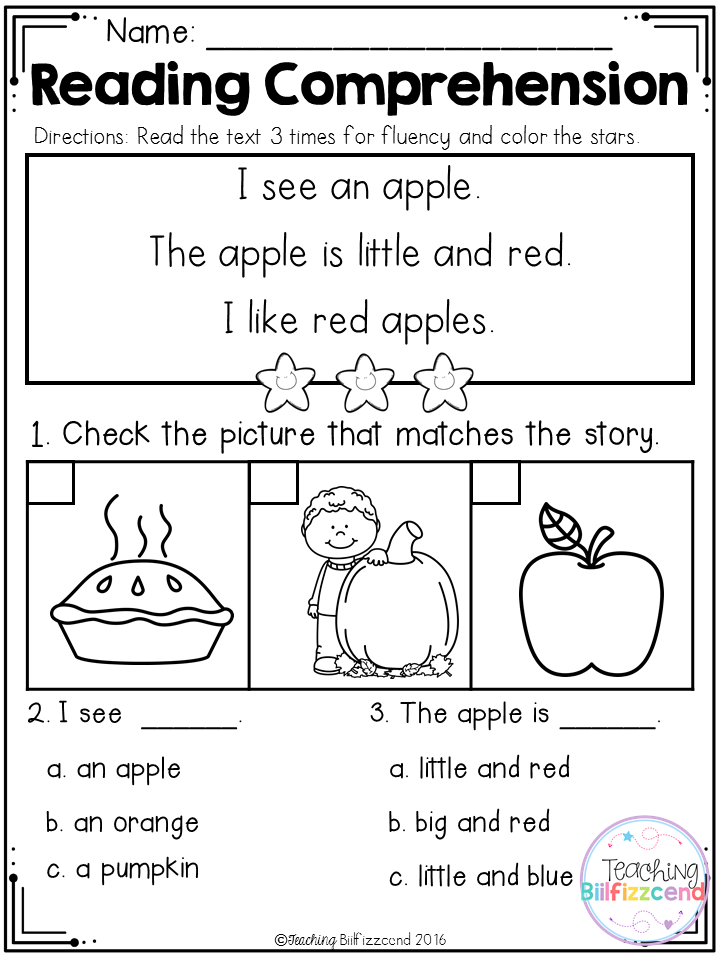
Preparatory phase
This phase starts one month or sometimes two months before the conference itself. At this stage, a list of speakers (speakers) and moderators is formed, who will manage the course of both the conference itself and the discussions. Plan the details of your event as specifically as possible. Immediately determine the date, time and place of the conference. Make a list of necessary materials and things that your participants will need throughout the event: copies of the program, stationery, badges, gifts. All of these items must be collected at least a week before the event and ready for distribution on the day of the conference. When planning an event, be sure to include contingency plans. This can be of great help to you and your team in case of unexpected problems that arise at the last moment.
It is also important to formulate the theme of the conference, the topics of reports and their order.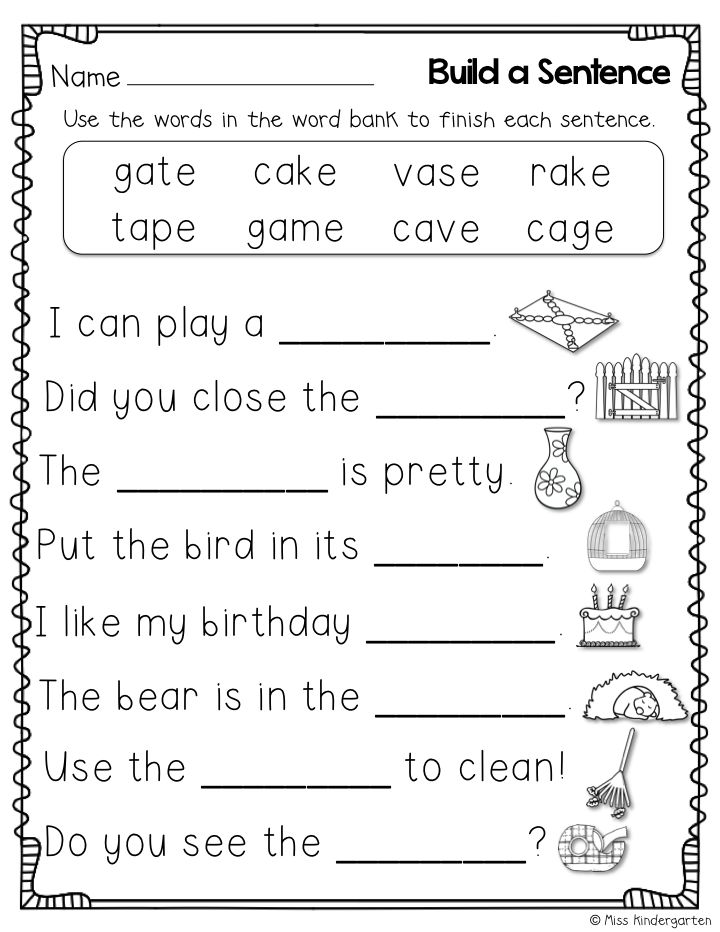 Topics should be interesting to the target audience and important to them. This means that for the conference it would be best to take those texts that are adapted to the learning needs of students. Obviously, there will be interest in a book or an author only if the majority of readers are familiar with him or his work. The easiest way is to choose literature from the curriculum, which students will need to read anyway.
Topics should be interesting to the target audience and important to them. This means that for the conference it would be best to take those texts that are adapted to the learning needs of students. Obviously, there will be interest in a book or an author only if the majority of readers are familiar with him or his work. The easiest way is to choose literature from the curriculum, which students will need to read anyway.
Direct holding of the conference
Usually the reader's conference consists of a short introductory speech, which tells about the goals and topics of the conference. Then the speakers will speak and after each presentation, questions from the audience can be organized. After all the presentations, a discussion takes place, where any participant can express their own point of view on the books. This discussion can take place both in an organized format and in an informal coffee break. The conference also includes literary games and quizzes.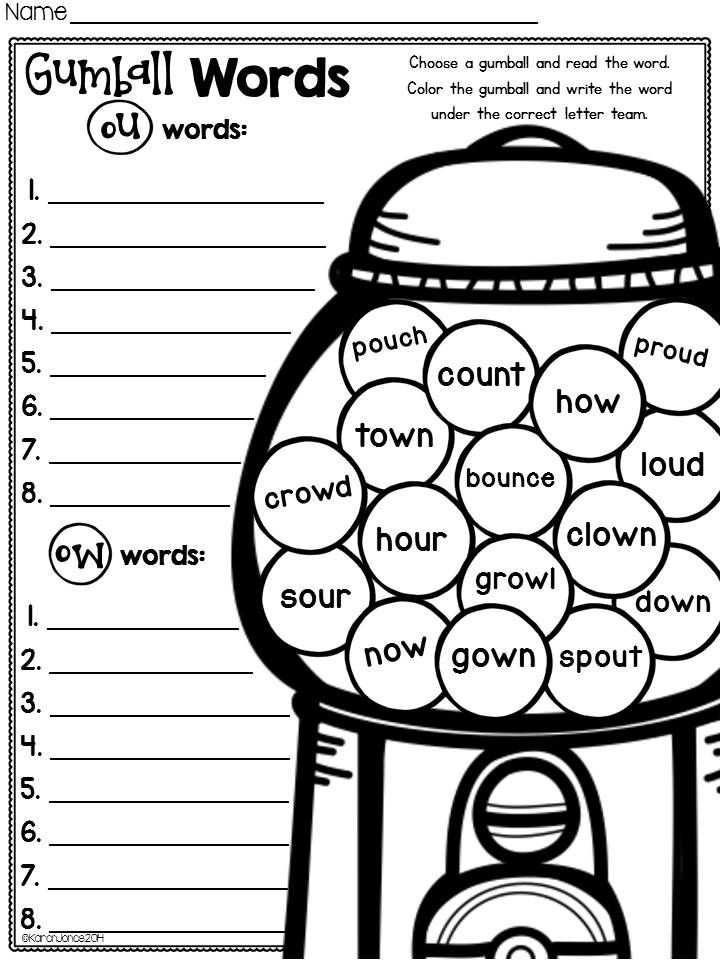 The final word can be made by any participant of the conference, but most often it is spoken by the person responsible for preparing the event.
The final word can be made by any participant of the conference, but most often it is spoken by the person responsible for preparing the event.
After the meeting is over, you still have some work to do. Thank you all for your participation and efforts. This is not only ordinary courtesy, but also a reserve for further cooperation. This will most likely not be your last conference, so it's best to keep up the connections you've made. Also collect feedback, this is a great opportunity to hear what people think about the event and what could be done better in the future.
The easiest way to gather information is to email everyone the link to the online survey. Keep it relatively short and focus on a few main themes: What did participants like the most about the conference, how would they rate different aspects of the conference to change and improve? Try to do it within a few days while the conference is still fresh in your mind.
Did you like the material?
Libraries
Libraries in social networks: 5 principles of content marketing and 7 free ways to expand the audience
Social networks provide great opportunities to inform and involve new readers, but not all libraries dare to use technology.

